Pet rabbits bring more than soft fur and sweet hops into your home — they become part of your family. But what happens when a vet visit sneaks up on you? Or your bunny suddenly needs emergency care? Many rabbit owners are left wondering if pet insurance is a smart way to prepare or just another monthly bill.

Most pet insurance companies focus on cats and dogs. But if you're looking for a plan that covers your rabbit, there is one name that comes up again and again. Nationwide is currently the only major provider offering rabbit insurance under its Bird and Exotic Pet Insurance plans. That means your rabbit, along with other small animals like hedgehogs, guinea pigs, and reptiles, can be protected.
Let's take a deeper look at what rabbit insurance covers, what it costs, and how to know if it's the right choice for your situation. The goal is to help you get the most rabbit insurance value from your decision.
What Makes Rabbits Different from Cats and Dogs?
Rabbits are considered exotic pets by most veterinarians. This doesn't mean they're rare — it simply means their care requires specialized knowledge that not all clinics offer. While a standard vet may be comfortable treating a dog's skin allergy or a cat's broken tooth, rabbits need a different approach entirely.
Many illnesses that affect rabbits are silent until they become serious. Dental issues, gastrointestinal stasis, or even stress-induced conditions can spiral quickly. Because of this, regular wellness checkups and experienced care are essential.
Unfortunately, this also means rabbit vet visits can cost more than you'd expect. Exotic pet vets often charge higher rates due to their specialized training. That's where rabbit insurance can step in to help.
Understanding Rabbit Insurance Value
When people ask whether rabbit insurance is worth it, what they're really asking is whether the costs of the policy make sense when compared to the likely vet bills. This is where the term rabbit insurance value comes into play.
Let's break it down: A routine exam for an exotic pet can cost $60 to $100. Add diagnostics, medication, or treatment for conditions like dehydration or stasis. That number can easily grow to several hundred dollars. If your rabbit ends up needing surgery or emergency overnight care, the cost may hit four figures.
Nationwide's exotic pet coverage helps offset those unexpected spikes in care. With up to 90% reimbursement on eligible expenses, you're looking at serious savings — especially if you're faced with frequent or complex health issues.
Which Insurance Provider Covers Rabbits?
As of now, Nationwide is the only major pet insurance company offering policies for rabbits. Their Exotic Pet Insurance plan was originally designed with birds in mind, but it also includes:
Rabbits
Guinea pigs
Ferrets
Reptiles (like lizards, snakes, turtles)
Small mammals like hamsters and hedgehogs
This plan functions similarly to dog and cat insurance. It covers accidents, illnesses, wellness checks, and prescriptions. Some exclusions apply, of course — especially when it comes to pre-existing conditions.
What Does Rabbit Insurance Actually Cover?
Rabbit insurance plans from Nationwide cover a surprisingly broad range of treatments and conditions. You can expect help with:
Routine exams and annual wellness visits
X-rays, bloodwork, and lab testing
Illnesses such as respiratory infections, skin issues, or parasites
Emergency care, including overnight stays and surgeries
Prescribed medications and treatments
Common conditions like constipation, dental problems, and injuries
For a rabbit with even one emergency a year, these costs can add up fast. With the right plan, that one emergency alone may justify the entire annual cost of the insurance — a solid example of rabbit insurance value in action.
How Much Does Rabbit Insurance Cost?
Nationwide's exotic pet plan starts at around $10 per month, though prices can vary depending on where you live and how comprehensive your plan is. Some owners pay closer to $20 per month, especially if they add wellness options.
Here's a cost example: A rabbit treated for constipation may rack up $483 in vet costs, based on Nationwide's averages. If your plan covers 90%, your out-of-pocket cost drops to about $48 — a huge difference. You can get a quote here to see what coverage might look like for your bun.
Even with low monthly premiums, rabbit insurance can be well worth the investment if it saves you from a big vet bill. And it often pays for itself with routine care alone.
Will Rabbit Insurance Cover Pre-Existing Conditions?
Like most pet insurance policies, pre-existing conditions are not covered. If your rabbit is already showing signs of illness when you apply, treatments for that specific condition will be excluded. However, you won't be denied coverage outright. Your rabbit can still be insured for other issues moving forward.
This is another reason it's a good idea to get insurance while your rabbit is still young and healthy. The earlier you enroll, the fewer limitations you'll face later.
Why Wellness Visits Matter
Even if your rabbit seems perfectly fine, yearly checkups can uncover problems before they become serious. Vets may detect early dental wear, signs of parasites, or digestive problems that haven't surfaced yet.
Prevention is a major piece of keeping your rabbit healthy. Insurance helps make regular vet visits more affordable — meaning you're more likely to follow through with them. That's one of the easiest ways to get strong rabbit insurance value without waiting for an emergency to happen.
Rabbit Insurance Value Isn't Just Financial
Rabbit insurance gives you more than just reimbursement — it gives you options. Without insurance, many owners feel they have to choose between draining their savings or delaying care. With insurance, you're more likely to take quick action when something feels off, which can prevent minor issues from becoming major ones.
You're also more likely to take advantage of optional care: dental cleanings, lab work, and follow-ups that keep your rabbit in peak condition. That kind of consistent care makes a noticeable difference in your rabbit's energy, behavior, and lifespan.
If you're on the fence, ask yourself this: Would the cost of a single emergency be enough to cause financial stress? If the answer is yes, then a monthly premium might be a much safer path.
Do You Really Need to Take Your Rabbit to the Vet?
Yes — and regularly. Many rabbit owners skip vet visits until something serious happens. But rabbits are prey animals and tend to hide signs of illness. That makes it even more important to schedule wellness exams at least once a year.
Vet visits are where health issues like dental malocclusions, parasites, or gastrointestinal stasis often show up — sometimes before you'd notice anything at home. Rabbits may also need vaccines or be at risk of specific conditions based on their breed, age, or environment.
Some of the most common rabbit health problems include:
Tooth overgrowth and dental abscesses
GI stasis and constipation
Parasites and skin issues
Urinary tract infections
Reproductive cancers in unspayed females
If you're unsure what to expect from a vet visit, check out our post on 9 common health issues in rabbits. This guide offers an overview of what to watch for and when to get help.
Also, not all veterinarians treat rabbits. You'll want to locate an exotic pet vet near you before an emergency hits. It's smart to build a relationship early so your rabbit has a trusted provider when the time comes.
How to Compare Rabbit Insurance Plans
While there's currently only one major provider for rabbit insurance, you still have options within the plan. Nationwide offers different coverage levels — some focus on wellness and preventive care, while others provide broad protection for emergencies and illnesses.
Here's what you'll want to compare:
Monthly Premium: Lower-cost plans cover fewer services. Higher premiums typically offer better reimbursement and broader protection.
Deductibles: What is the annual amount you must pay out-of-pocket before coverage kicks in?
Reimbursement Rate: Nationwide offers up to 90% back on eligible services. Be sure to confirm what's included.
Coverage Caps: Some plans have annual or lifetime limits. Check if these would cover the care your rabbit may need long-term.
Exclusions: This includes pre-existing conditions, elective procedures, or certain diagnostics.
If you're mostly concerned about regular vet checkups and minor illnesses, a wellness-focused plan could meet your needs. However, if you want protection in the event of a serious emergency, opt for comprehensive coverage.
When evaluating your options, think about the age, breed, and current health of your rabbit. If you've already dealt with unexpected health scares, then a plan with emergency coverage will likely deliver better rabbit insurance value over time.
How to Make the Most of Rabbit Insurance
Getting insurance is only the first step. You'll want to be proactive to get the most from your investment. Here are a few ways to make sure you're using your plan wisely:
Keep records: Save all your vet invoices, prescriptions, and lab results. These are needed for reimbursement.
Submit claims quickly: Most insurers have a timeframe for submitting expenses. Don’t delay.
Use in-network providers: If your plan has a preferred provider list, using those clinics can reduce out-of-pocket costs.
Understand your deductible: Know when you've met it each year so you can plan visits strategically.
If your rabbit is due for a wellness exam and you've already met the deductible, this is a good time to get any preventive treatments done. Planning this way helps stretch your benefits and supports the health of your rabbit.
Preventive Care: Your Secret to Fewer Vet Bills
Want fewer claims and healthier bunnies? Focus on preventive care. That starts with a balanced diet, adequate housing, stress reduction, and regular grooming. One of the most powerful tools for prevention? Quality hay.
Feeding your rabbit the right type of grass hay — such as Timothy, Orchard, or a blend of both — keeps teeth filed down and digestive systems running smoothly. A diet made up of at least 80% hay is essential for good health.
Skipping hay, even for a short time, can lead to costly conditions like GI stasis, dental abscesses, or bloating. You can avoid many of these issues by making hay the star of every meal. For support choosing the right hay based on your rabbit's age, check out our blog on the best hay for rabbits.
By keeping your rabbit's daily routine balanced and stress-free, you can go longer between major health events — and that means your insurance coverage goes further.

How Rabbit Insurance Eases Emergency Decisions
One of the biggest benefits of insurance is that it gives you the confidence to say "yes" to treatment without having to pause and do the math. Emergencies don't wait for payday. A rabbit in stasis or with a blockage may need help within hours. Insurance can remove the hesitation.
Some owners report delaying vet visits due to fear of high costs. That delay can often make a treatable condition worse — or even fatal. With a policy in place, you're far more likely to act quickly, knowing you'll be reimbursed later. That peace of mind is hard to put a price on, but it's a huge part of rabbit insurance value.
If you've ever asked yourself, "Can I afford this vet bill?" in a moment of panic, you already understand why so many rabbit parents turn to insurance for peace of mind.
Common Misconceptions About Rabbit Insurance
It's easy to assume insurance for small pets isn't necessary. But rabbits aren't low-maintenance animals — especially when it comes to health. Let's clear up a few common misunderstandings:
“Rabbits don’t get sick often.” They do — they just hide it well. And when they show symptoms, it's usually urgent.
"I'll just save money in case of an emergency." That's helpful, but a surprise $1,200 bill will wipe out a small savings cushion fast. Insurance adds another layer of protection.
“It’s too expensive.” At $10–$20 a month, it can cost less than a streaming service — and save hundreds in the long run.
"My rabbit is indoors, so the risk is low." Indoor living helps, but it doesn't prevent dental problems, parasites, or digestive issues.
It's worth rethinking these assumptions. The average rabbit lives 8–12 years. Over that time, your rabbit will likely face at least a few health concerns. Insurance can reduce the stress and financial strain when that happens.
Real-World Rabbit Insurance Value
Still not sure if it's worth it? Let's look at a quick cost comparison using real averages from exotic vet visits:
| Condition | Avg. Vet Cost | Out-of-Pocket with Insurance |
|---|---|---|
| GI Stasis | $780 | $78 |
| Tooth Extraction | $600 | $60 |
| Respiratory Infection | $225 | $22.50 |
Assuming you've met your deductible, these are the kinds of savings you could see. Over just one or two incidents, the policy pays for itself — and then some. This is the clearest way to measure rabbit insurance value.
Choosing Peace of Mind for You and Your Rabbit
No one wants to think about their pet getting sick. However, the truth is that being prepared is part of being a responsible rabbit parent. Insurance isn't just a backup plan — it's a way to say "I've got you" when your rabbit needs it most.
Whether you're adopting your first bunny or you've shared your home with rabbits for years, now is a good time to consider how pet insurance fits into your care routine. It could save you from the stress of a large emergency bill — and possibly give your rabbit access to care you might otherwise hesitate to afford.
Curious to learn more? Take a look at Nationwide's options, ask your vet what's commonly treated in rabbits, and consider the cost of one emergency visit. From there, you'll be able to decide which plan offers the right level of coverage — and the best rabbit insurance value — for you.
Key Takeaways
Rabbit insurance helps cover the cost of vet visits, emergencies, and routine care — and Nationwide is currently the only major provider offering coverage for rabbits.
Policies start at around $10/month, and many reimburse up to 90% of covered costs, making insurance a smart way to plan for the unexpected.
Preventive care like quality hay, regular checkups, and early detection can reduce future vet costs and stretch your insurance benefits further.
-
The true rabbit insurance value is not just in savings, but in peace of mind and the ability to act quickly in emergencies.

Vet visits are a non-negotiable part of rabbit care. Help make them easier on your wallet — and on your rabbit — by considering insurance today. And don't forget, keeping your rabbit healthy also starts with what you feed them. Keep their diet high in hay to prevent digestive and dental problems before they start.
Need more rabbit care resources? Check out our guide on how to take care of a rabbit for beginners for food, housing, health, and bonding tips.
How to Compare Rabbit Insurance Plans
While there’s currently only one major provider for rabbit insurance, you still have options within the plan. Nationwide offers different coverage levels — some focus on wellness and preventive care, while others provide broad protection for emergencies and illnesses.
Here’s what you’ll want to compare:
Monthly Premium: Lower-cost plans cover fewer services. Higher premiums typically offer better reimbursement and broader protection.
Deductibles: What is the annual amount you must pay out-of-pocket before coverage kicks in?
Reimbursement Rate: Nationwide offers up to 90% back on eligible services. Be sure to confirm what’s included.
Coverage Caps: Some plans have annual or lifetime limits. Check if these would cover the care your rabbit may need long term.
Exclusions: This includes pre-existing conditions, elective procedures, or certain diagnostics.
If you're mostly concerned about regular vet checkups and minor illnesses, a wellness-focused plan could meet your needs. But if you want protection in the event of a serious emergency, go with comprehensive coverage.
When evaluating your options, think about the age, breed, and current health of your rabbit. If you’ve already dealt with unexpected health scares, then a plan with emergency coverage will likely deliver better rabbit insurance value over time.
How to Make the Most of Rabbit Insurance
Getting insurance is only the first step. You’ll want to be proactive to get the most from your investment. Here are a few ways to make sure you’re using your plan wisely:
Keep records: Save all your vet invoices, prescriptions, and lab results. These are needed for reimbursement.
Submit claims quickly: Most insurers have a timeframe for submitting expenses. Don’t delay.
Use in-network providers: If your plan has a preferred provider list, using those clinics can reduce out-of-pocket costs.
Understand your deductible: Know when you’ve met it each year so you can plan visits strategically.
If your rabbit is due for a wellness exam and you’ve already met the deductible, this is a good time to get any preventive treatments done. Planning this way helps stretch your benefits and supports the health of your rabbit.
Preventive Care: Your Secret to Fewer Vet Bills
Want fewer claims and healthier bunnies? Focus on preventive care. That starts with diet, housing, stress reduction, and regular grooming. One of the most powerful tools for prevention? Quality hay.
Feeding your rabbit the right type of grass hay — such as Timothy, Orchard, or a blend of both — keeps teeth filed down and digestive systems running smoothly. A diet made up of at least 80% hay is essential for good health.
Skipping hay, even for a short time, can lead to costly conditions like GI stasis, dental abscesses, or bloating. You can avoid many of these issues by making hay the star of every meal. For support choosing the right hay based on your rabbit’s age, check out our blog on the best hay for rabbits.
By keeping your rabbit’s daily routine balanced and stress-free, you can go longer between major health events — and that means your insurance coverage goes further.
How Rabbit Insurance Eases Emergency Decisions
One of the biggest benefits of insurance is that it gives you the confidence to say “yes” to treatment without having to pause and do the math. Emergencies don’t wait for payday. A rabbit in stasis or with a blockage may need help within hours. Insurance can remove the hesitation.
Some owners report delaying vet visits due to fear of high costs. That delay can often make a treatable condition worse — or even fatal. With a policy in place, you're far more likely to act quickly, knowing you’ll be reimbursed later. That peace of mind is hard to put a price on, but it’s a huge part of rabbit insurance value.
If you’ve ever asked yourself “Can I afford this vet bill?” in a moment of panic, you already understand why so many rabbit parents turn to insurance for peace of mind.
Common Misconceptions About Rabbit Insurance
It’s easy to assume insurance for small pets isn’t necessary. But rabbits aren’t low-maintenance animals — especially when it comes to health. Let’s clear up a few common misunderstandings:
“Rabbits don’t get sick often.” They do — they just hide it well. And when they show symptoms, it’s usually urgent.
“I’ll just save money in case of an emergency.” That’s helpful, but a surprise $1,200 bill will wipe out a small savings cushion fast. Insurance adds another layer of protection.
“It’s too expensive.” At $10–$20 a month, it can cost less than a streaming service — and save hundreds in the long run.
“My rabbit is indoors, so the risk is low.” Indoor living helps, but it doesn’t prevent dental problems, parasites, or digestive issues.
It’s worth rethinking these assumptions. The average rabbit lives 8–12 years. Over that time, your rabbit will likely face at least a few health concerns. Insurance can reduce the stress and financial strain when that happens.
Real-World Rabbit Insurance Value
Still not sure if it’s worth it? Let’s look at a quick cost comparison using real averages from exotic vet visits:
| Condition | Avg. Vet Cost | Out-of-Pocket with Insurance |
|---|---|---|
| GI Stasis | $780 | $78 |
| Tooth Extraction | $600 | $60 |
| Respiratory Infection | $225 | $22.50 |
Assuming you’ve met your deductible, these are the kinds of savings you could see. Over just one or two incidents, the policy pays for itself — and then some. This is the clearest way to measure rabbit insurance value.
Choosing Peace of Mind for You and Your Rabbit
No one wants to think about their pet getting sick. But the truth is, being prepared is part of being a responsible rabbit parent. Insurance isn’t just a backup plan — it’s a way to say “I’ve got you” when your rabbit needs it most.
Whether you’re adopting your first bunny or you’ve shared your home with rabbits for years, now is a good time to consider how pet insurance fits into your care routine. It could save you from the stress of a large emergency bill — and possibly give your rabbit access to care you might otherwise hesitate to afford.
Curious to learn more? Take a look at Nationwide’s options, ask your vet what’s commonly treated in rabbits, and consider the cost of one emergency visit. From there, you’ll be able to decide which plan offers the right level of coverage — and the best rabbit insurance value — for you.
Key Takeaways
Rabbit insurance helps cover the cost of vet visits, emergencies, and routine care — and Nationwide is currently the only major provider offering coverage for rabbits.
Policies start at around $10/month, and many reimburse up to 90% of covered costs, making insurance a smart way to plan for the unexpected.
Preventive care like quality hay, regular checkups, and early detection can reduce future vet costs and stretch your insurance benefits further.
The true rabbit insurance value is not just in savings, but in peace of mind and the ability to act quickly in emergencies.
Vet visits are a non-negotiable part of rabbit care. Help make them easier on your wallet — and on your rabbit — by considering insurance today. And don’t forget, keeping your rabbit healthy also starts with what you feed them. Keep their diet high in hay to prevent digestive and dental problems before they start.
Need more rabbit care resources? Check out our guide on how to take care of a rabbit for beginners for food, housing, health, and bonding tips.

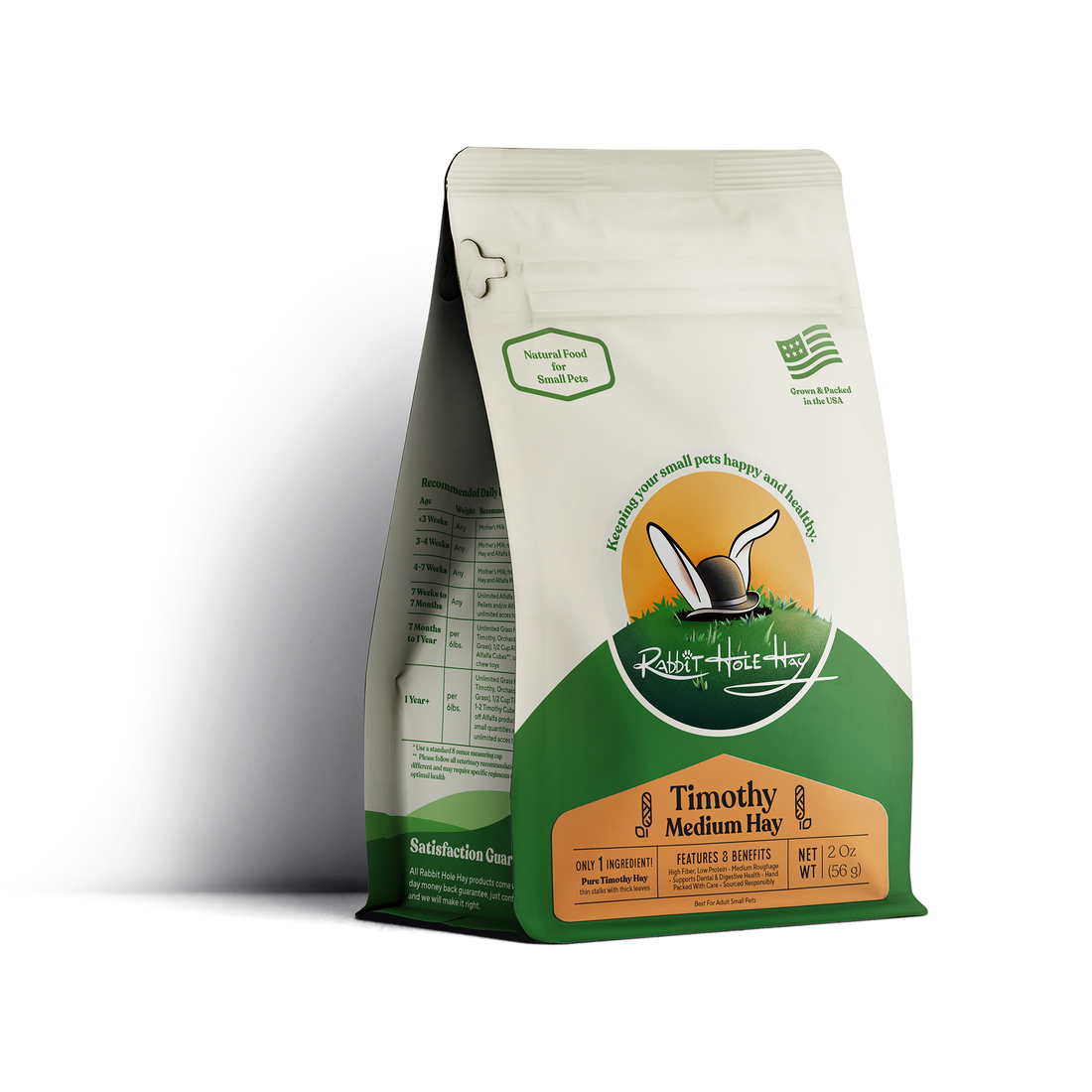
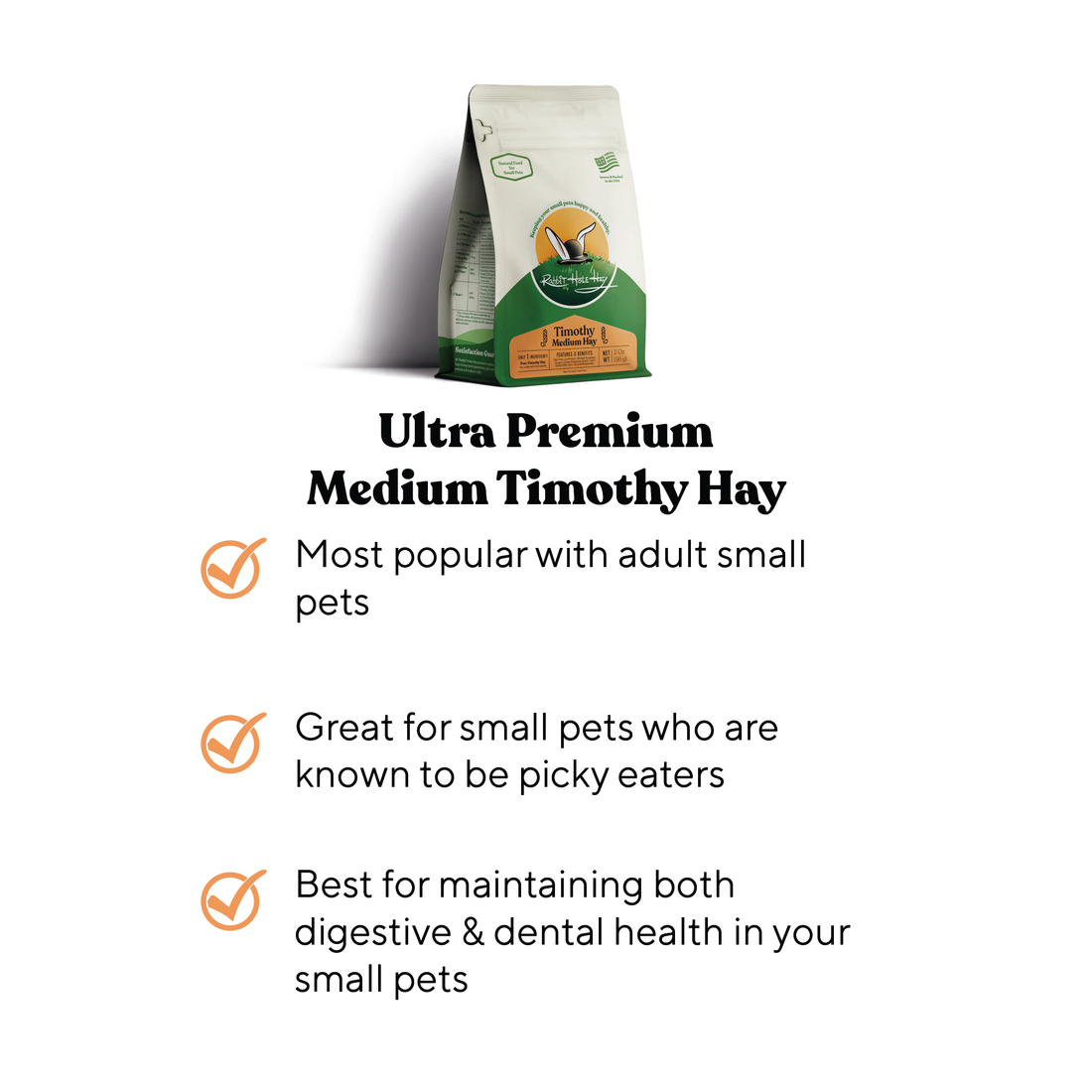
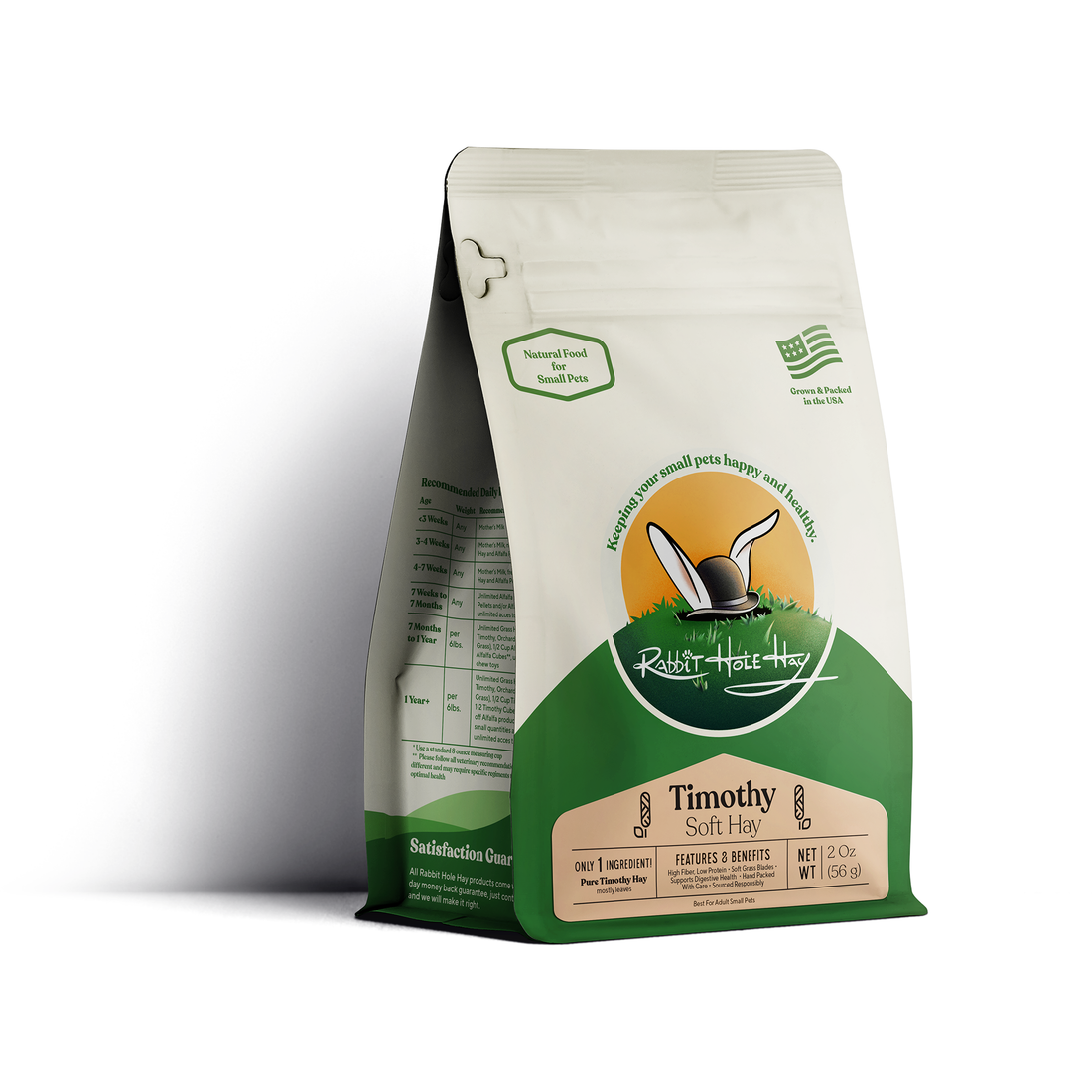

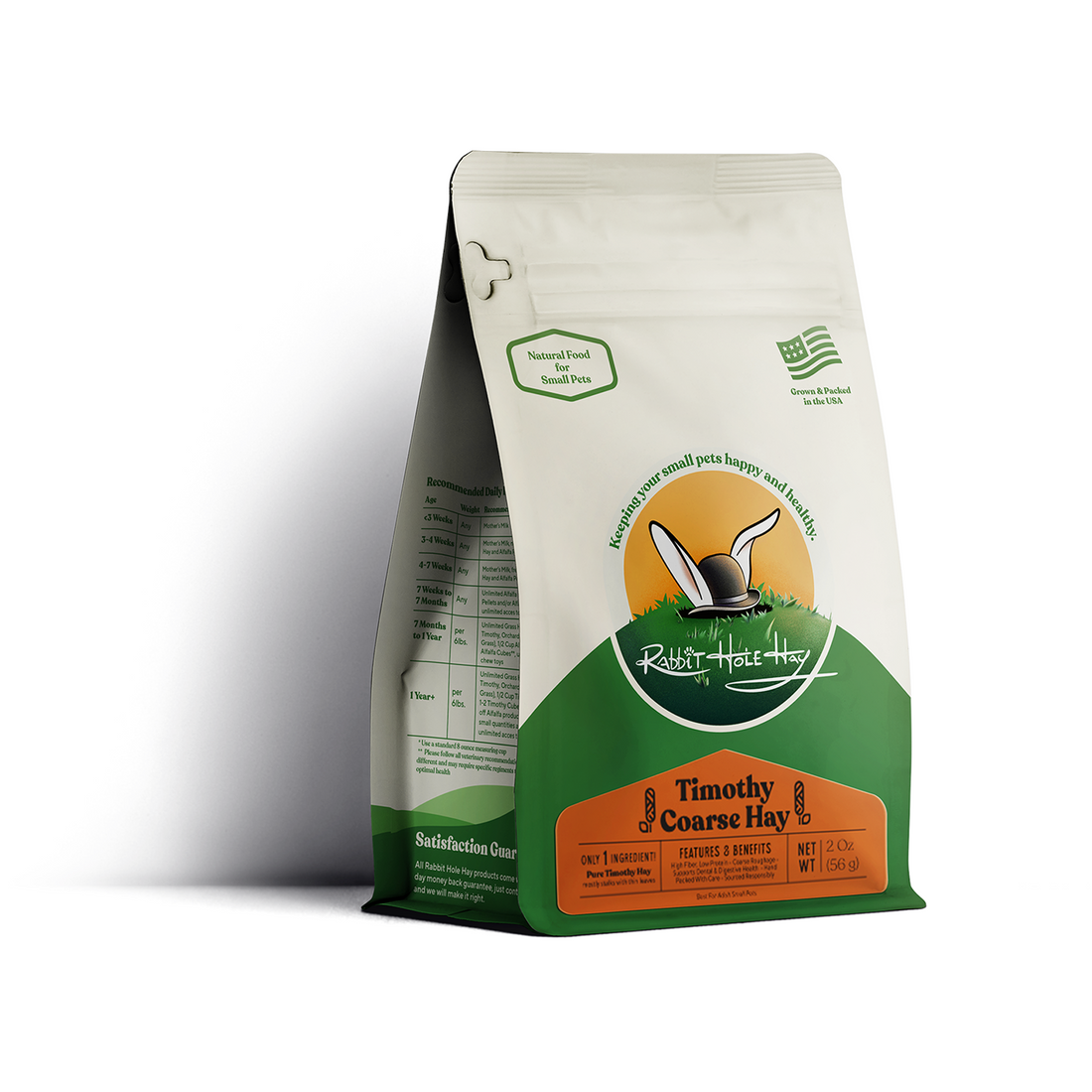

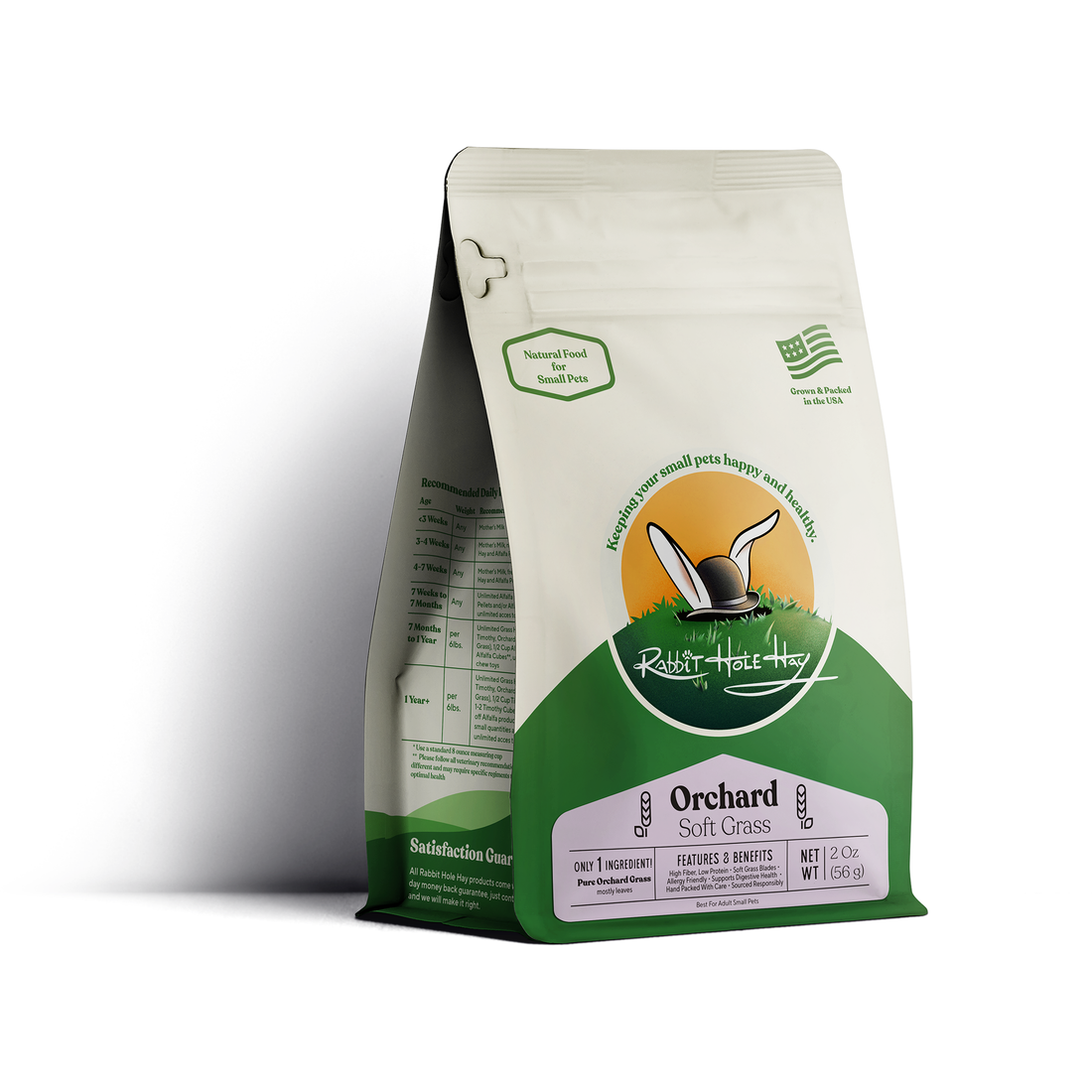
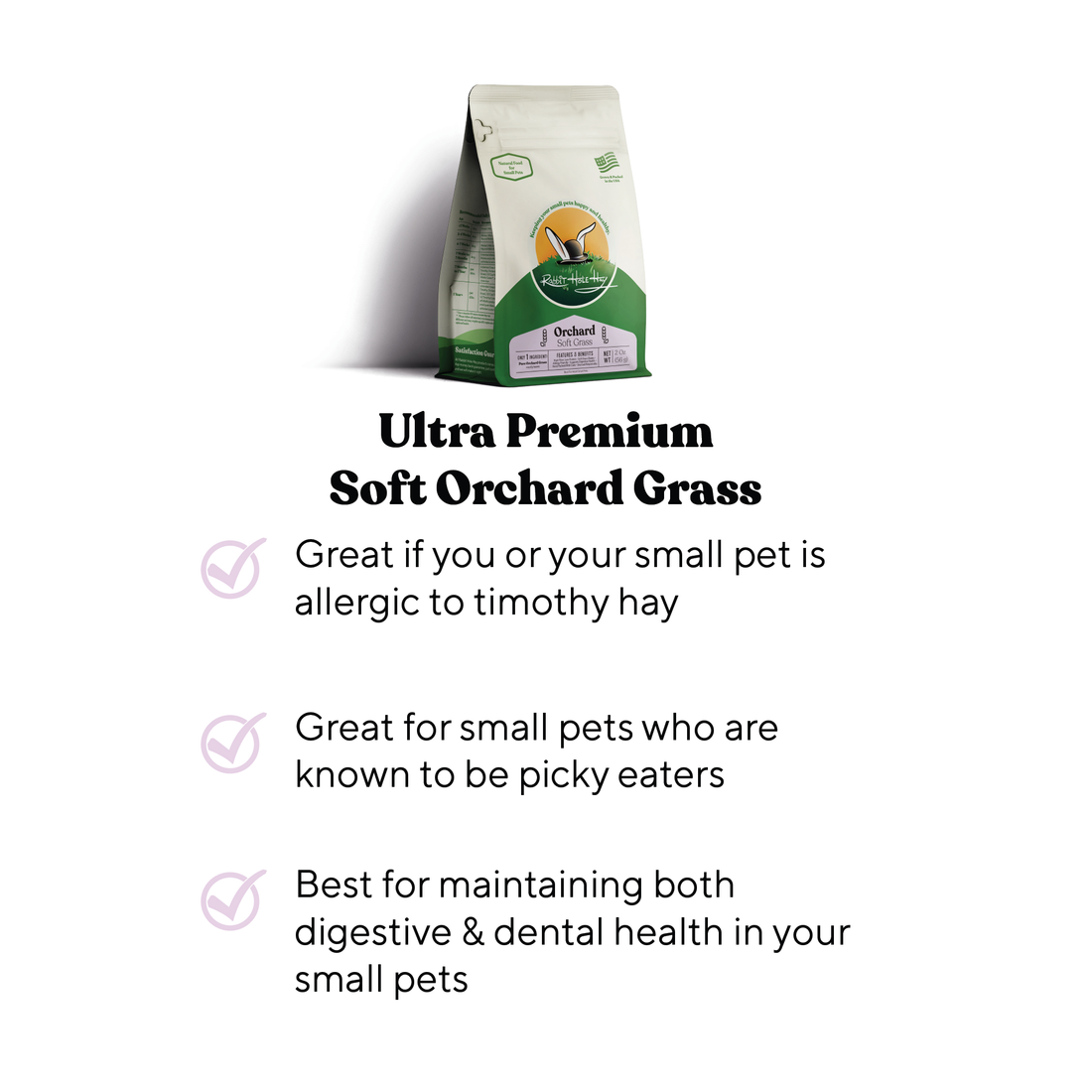
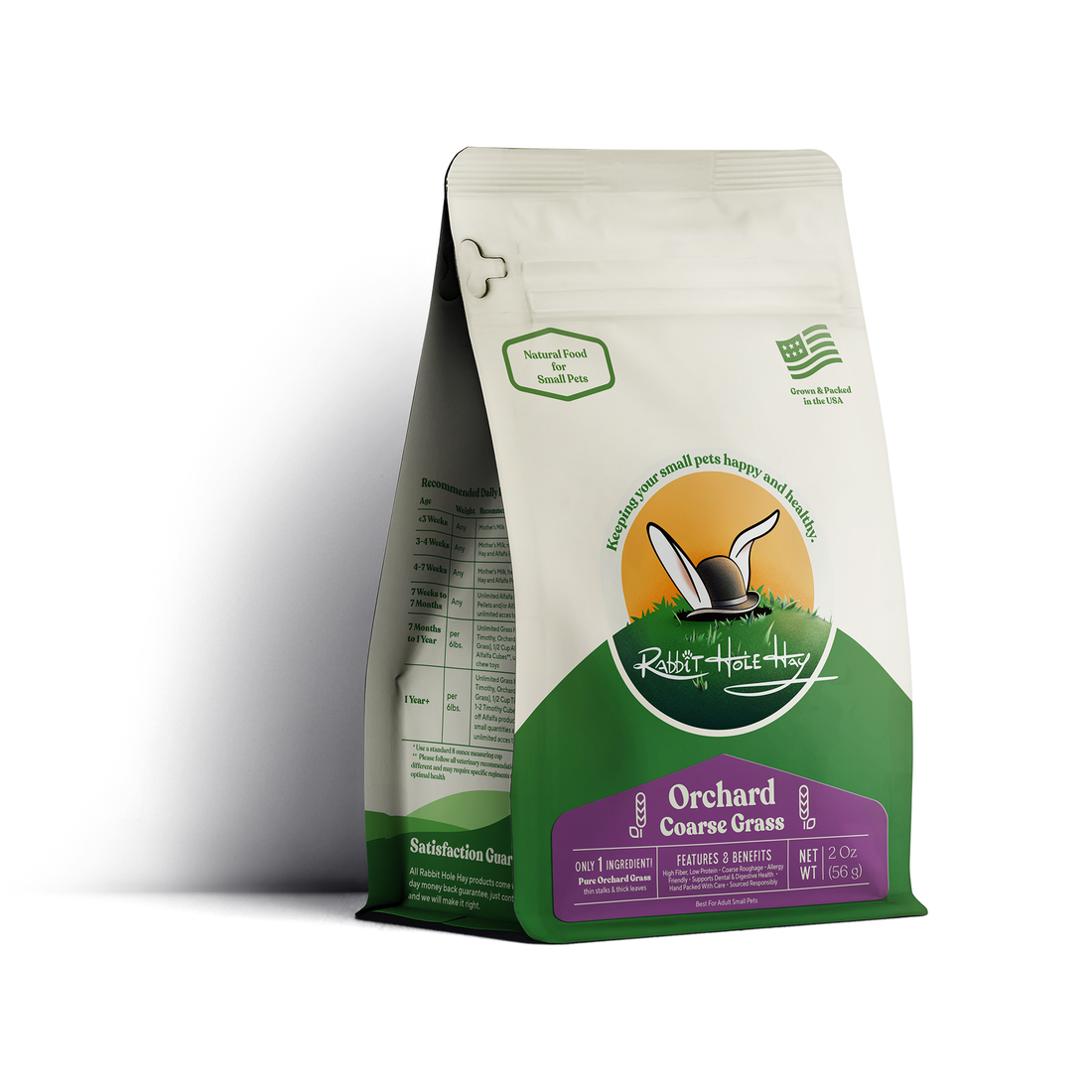

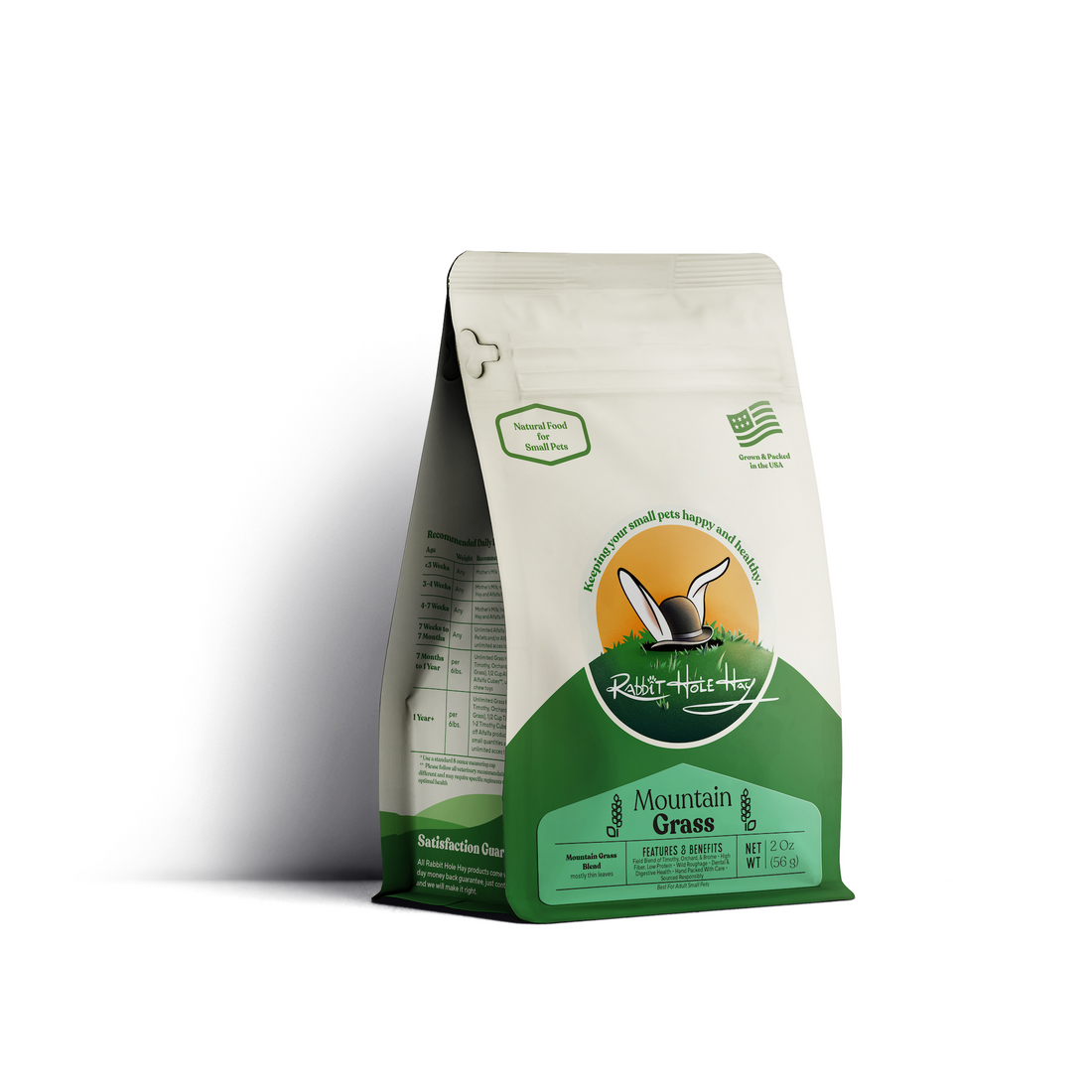

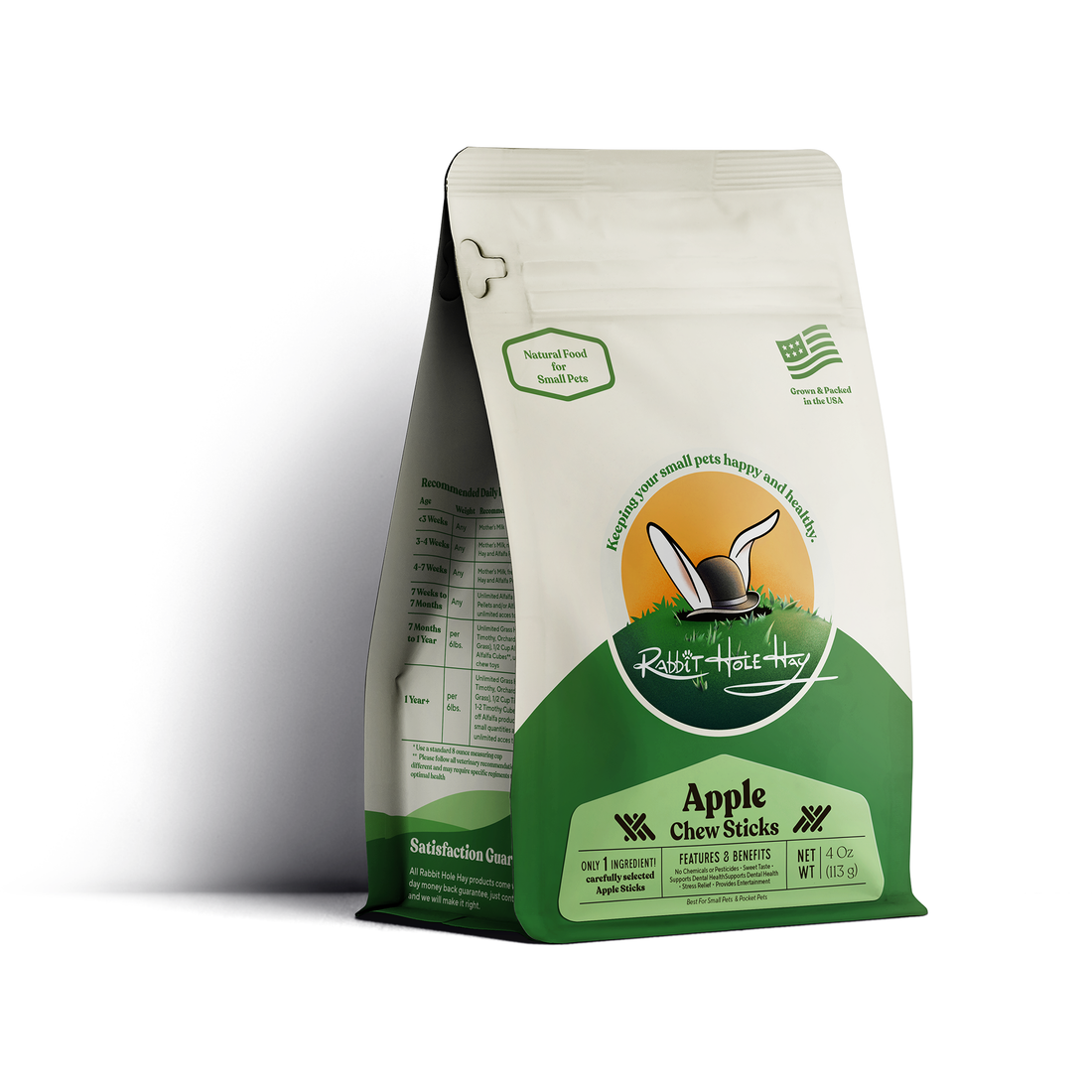

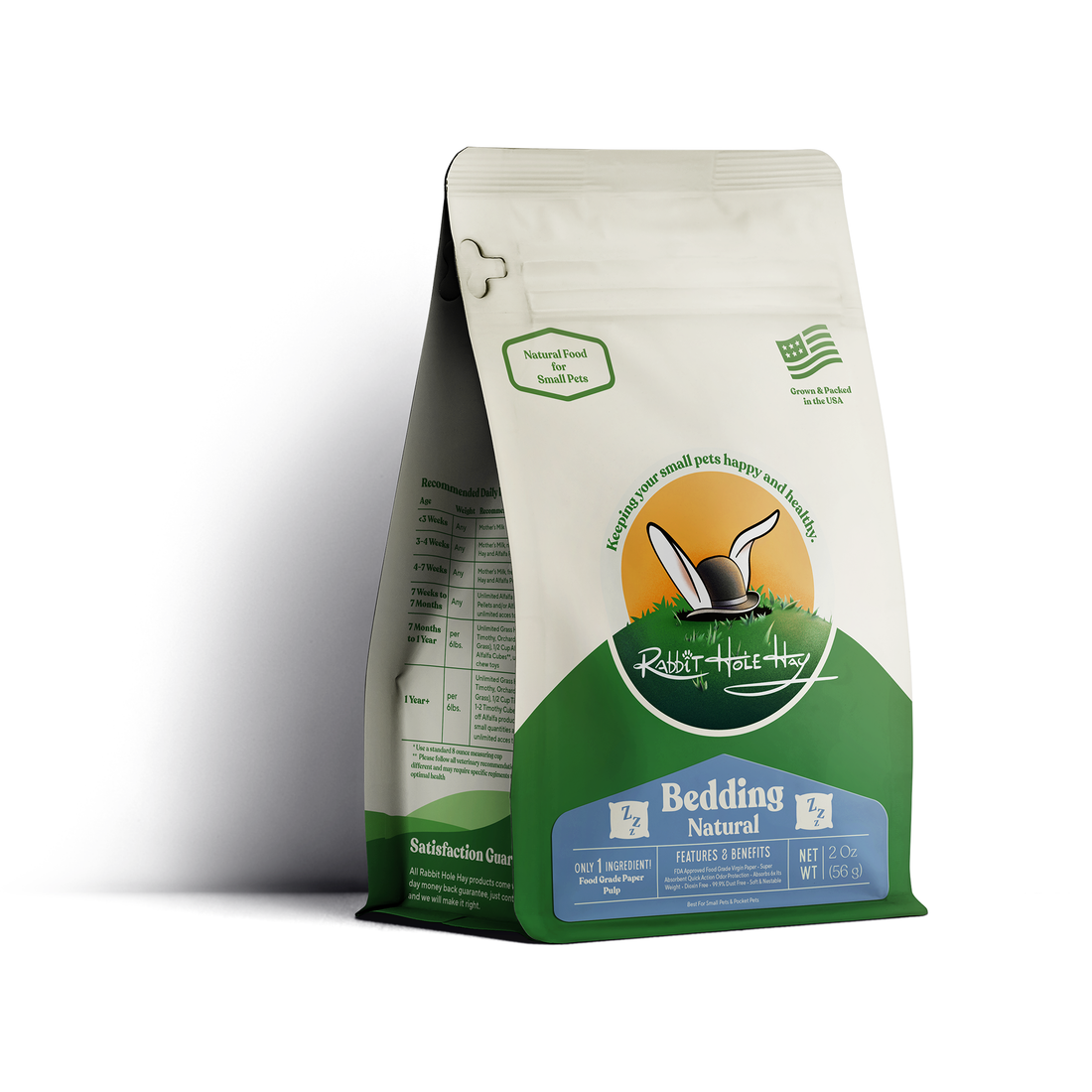
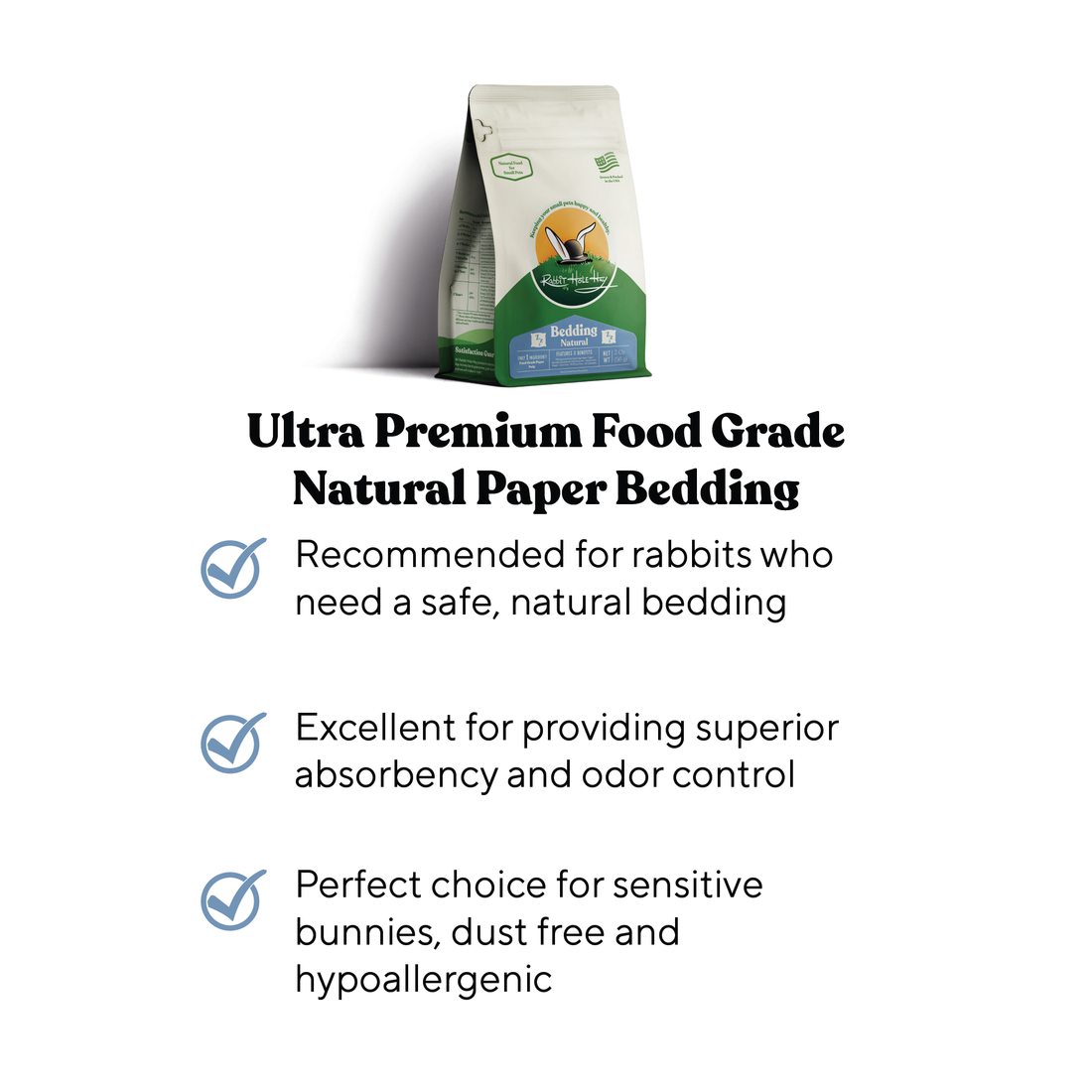
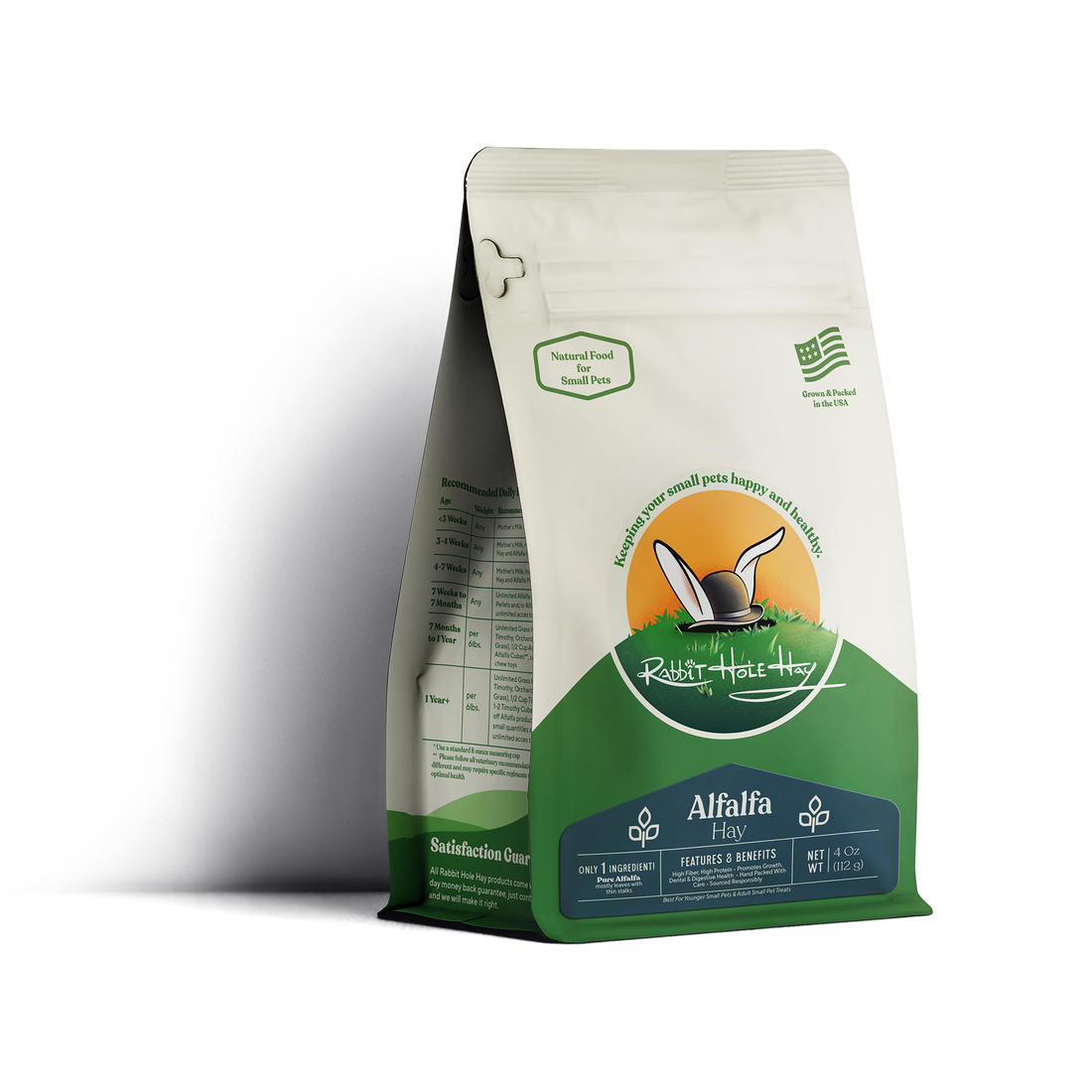
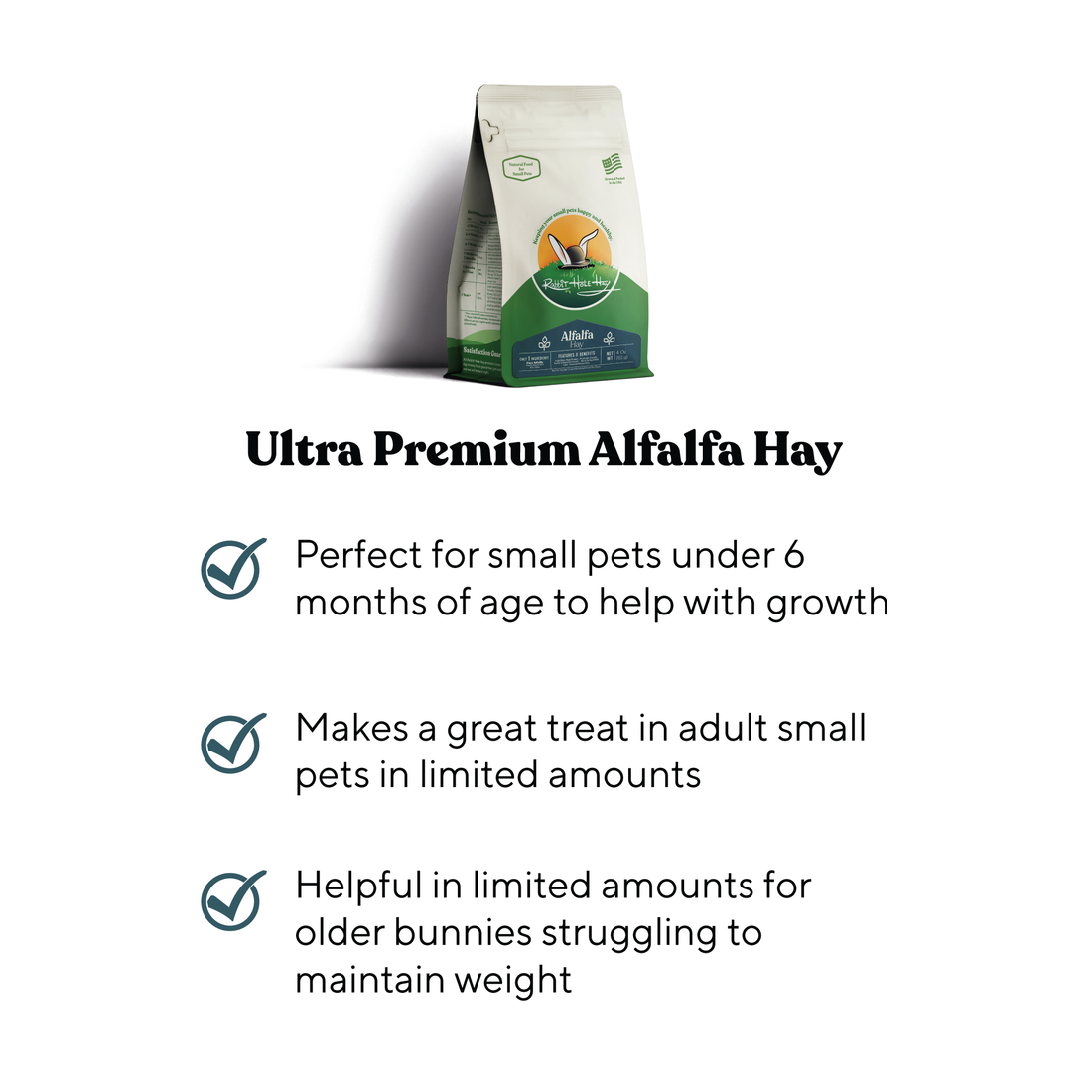
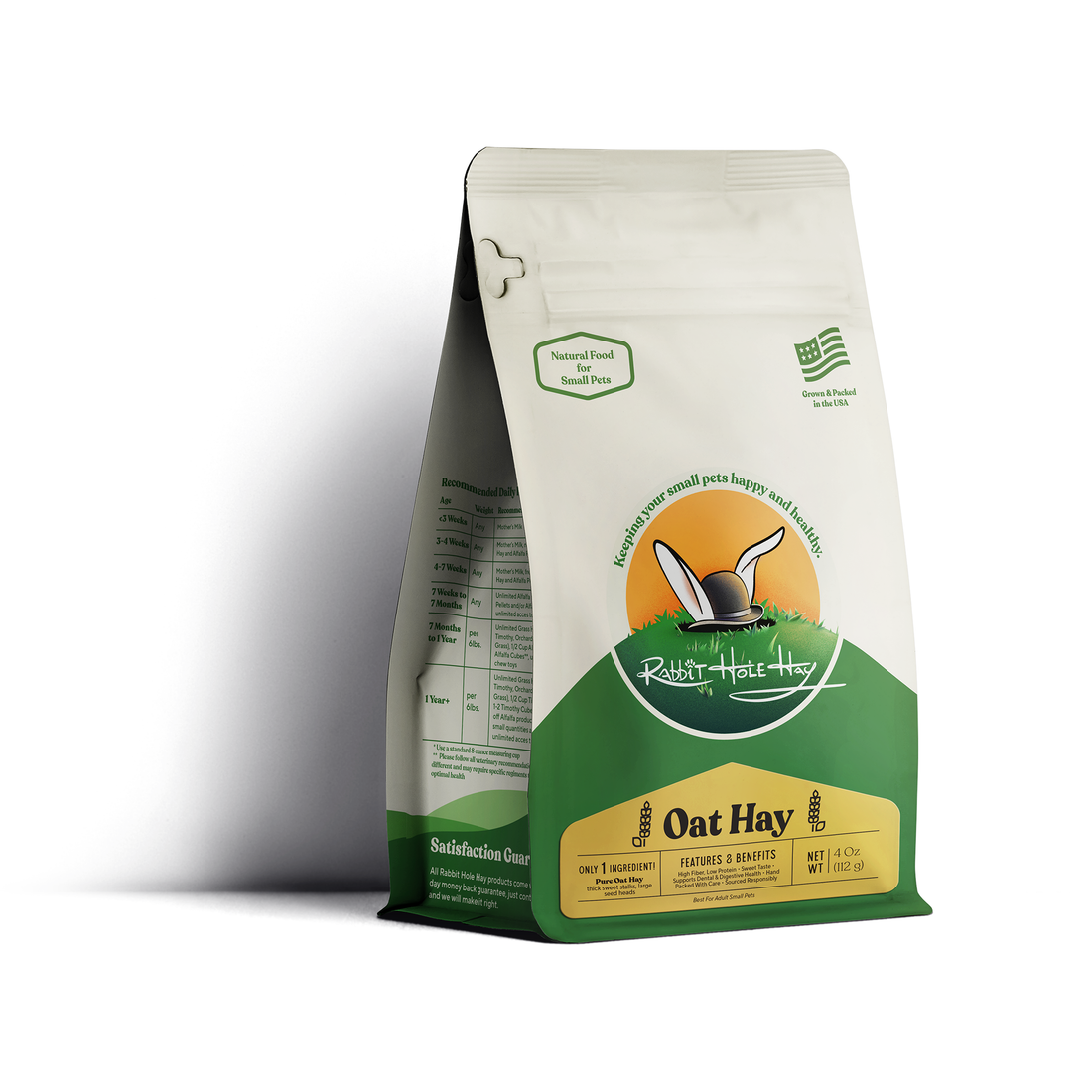
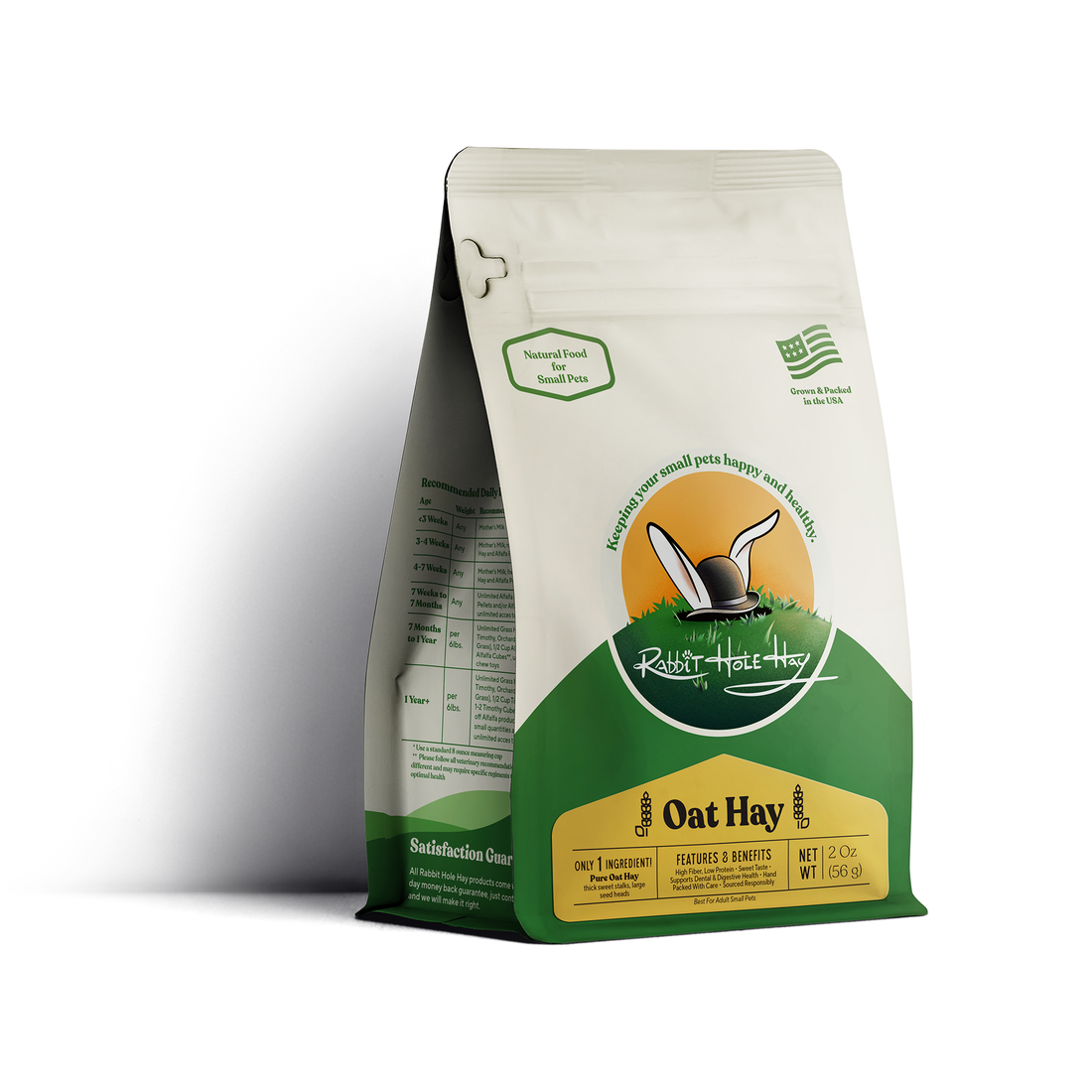
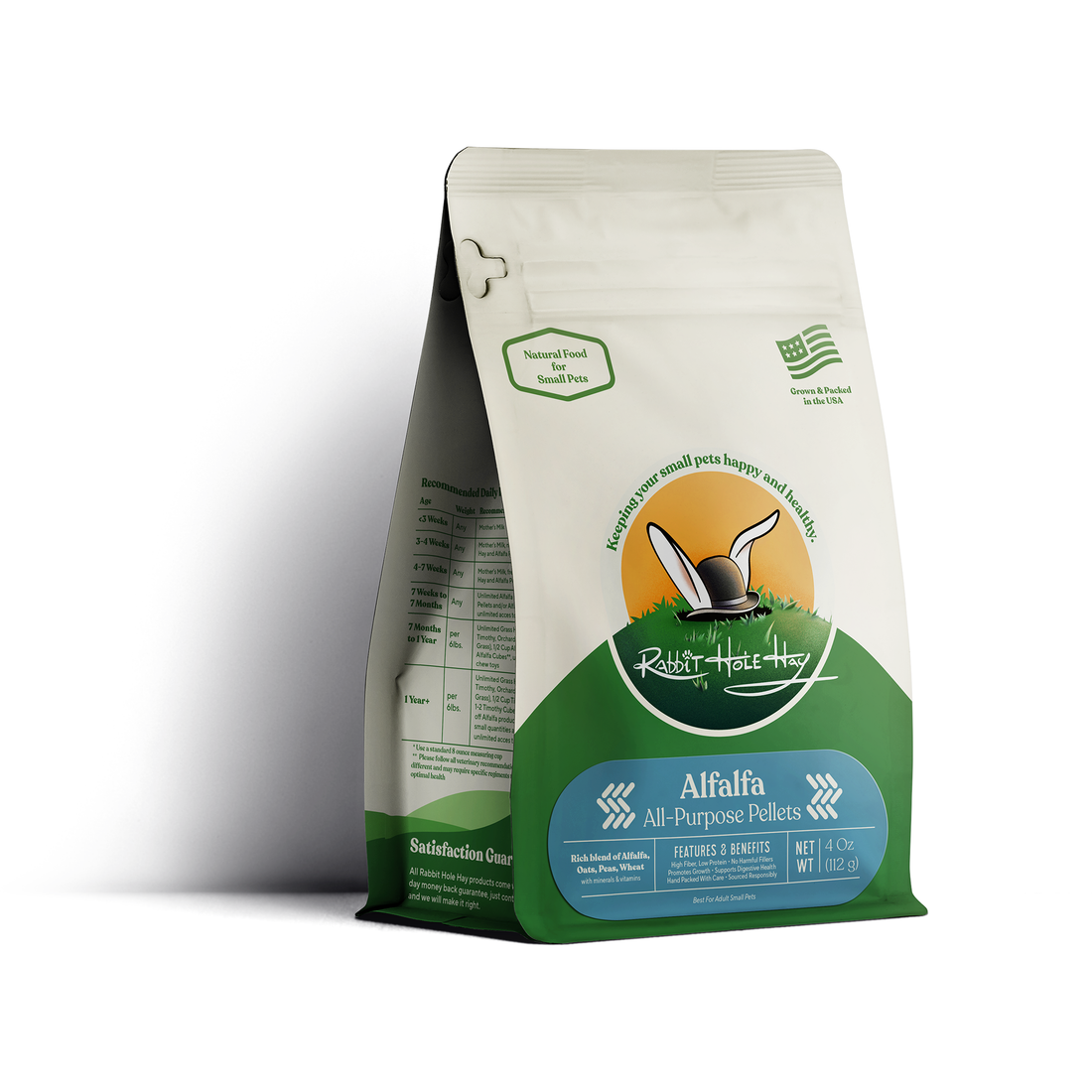
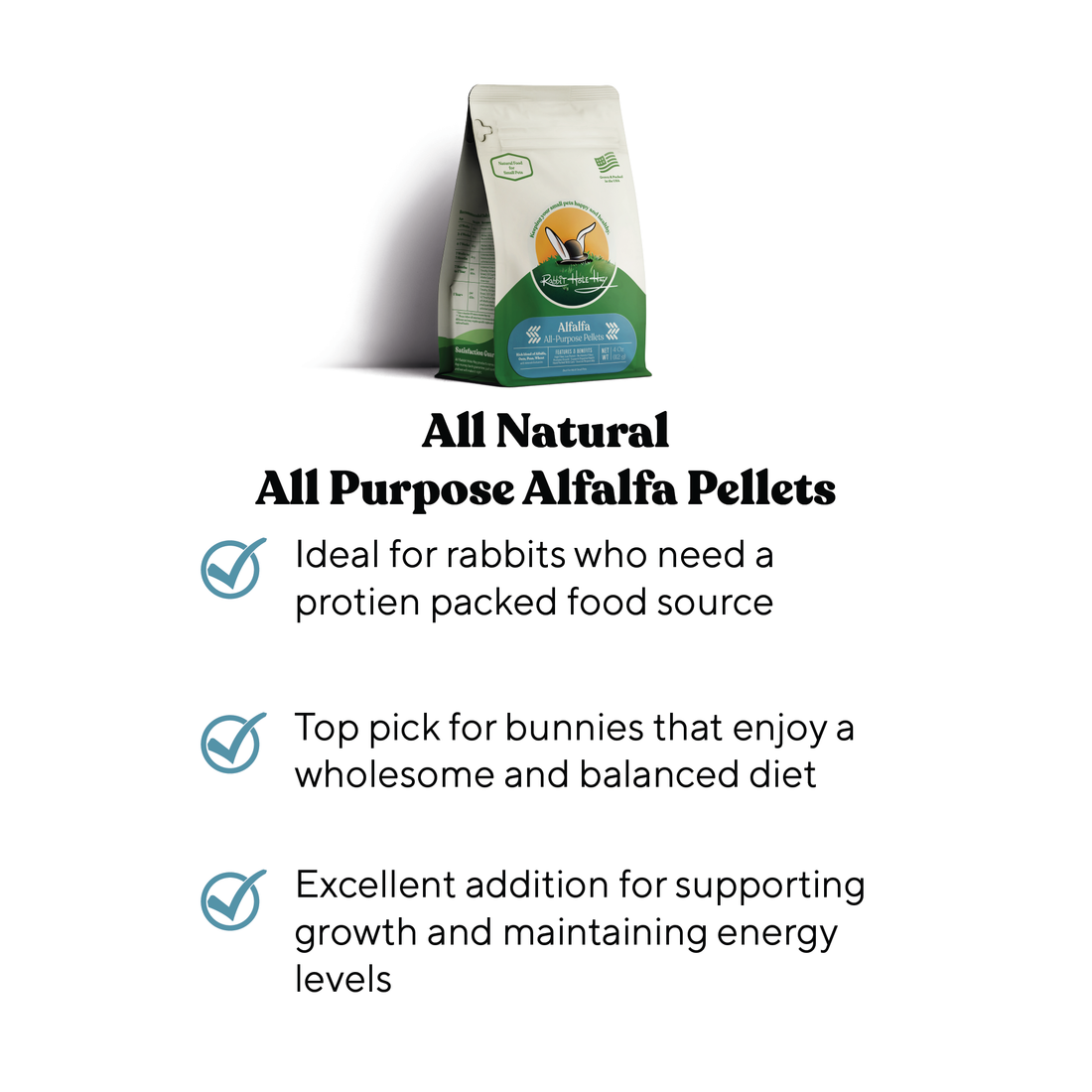
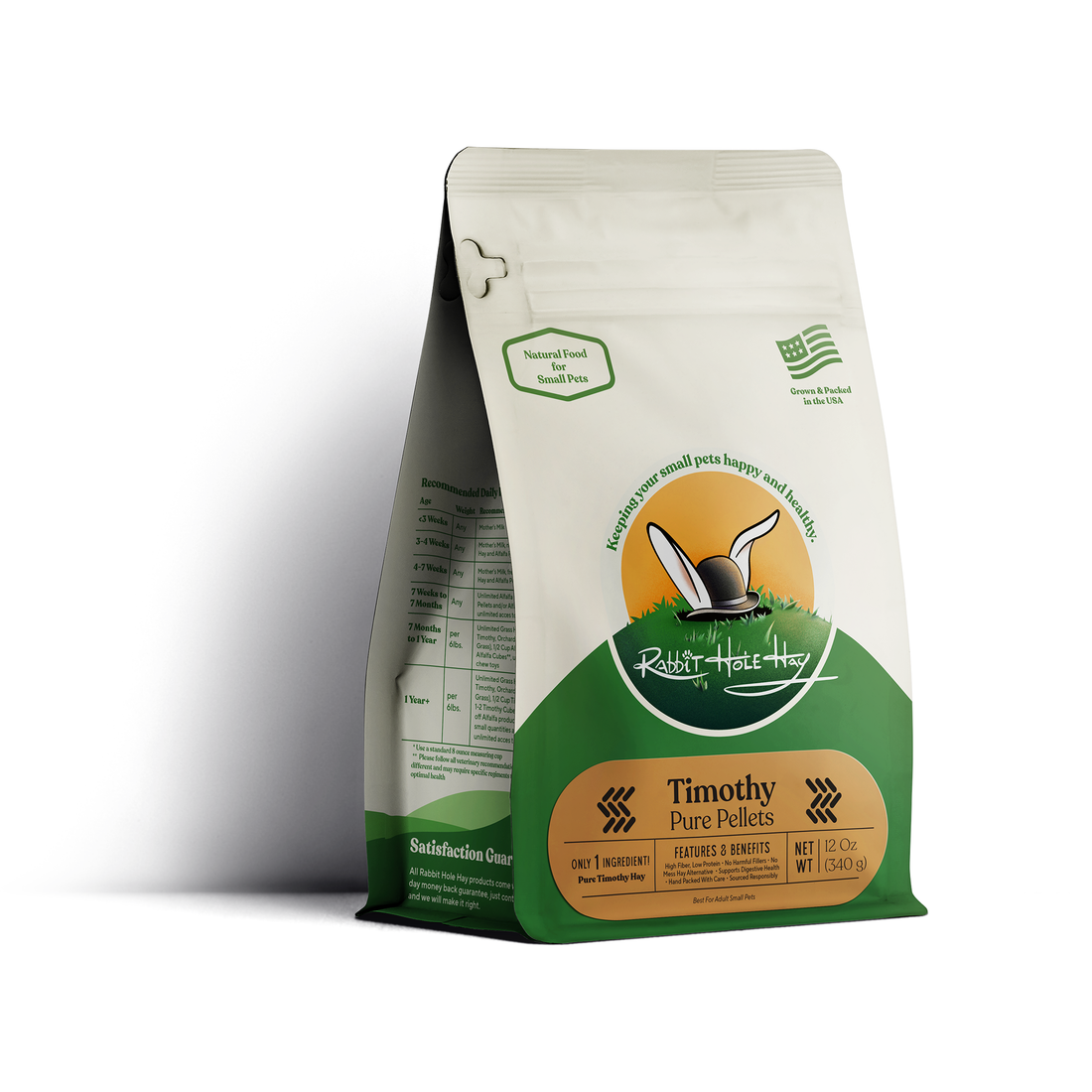

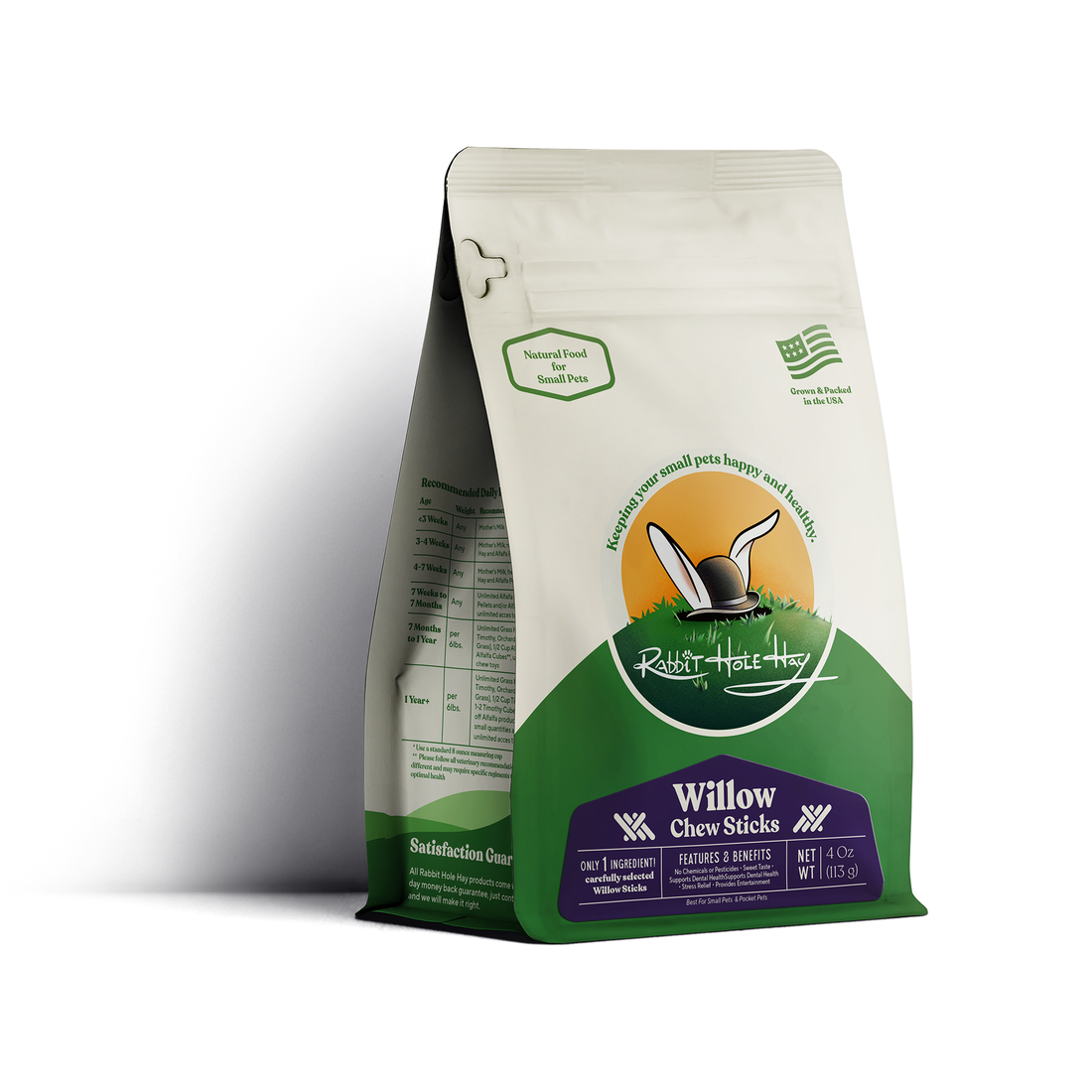

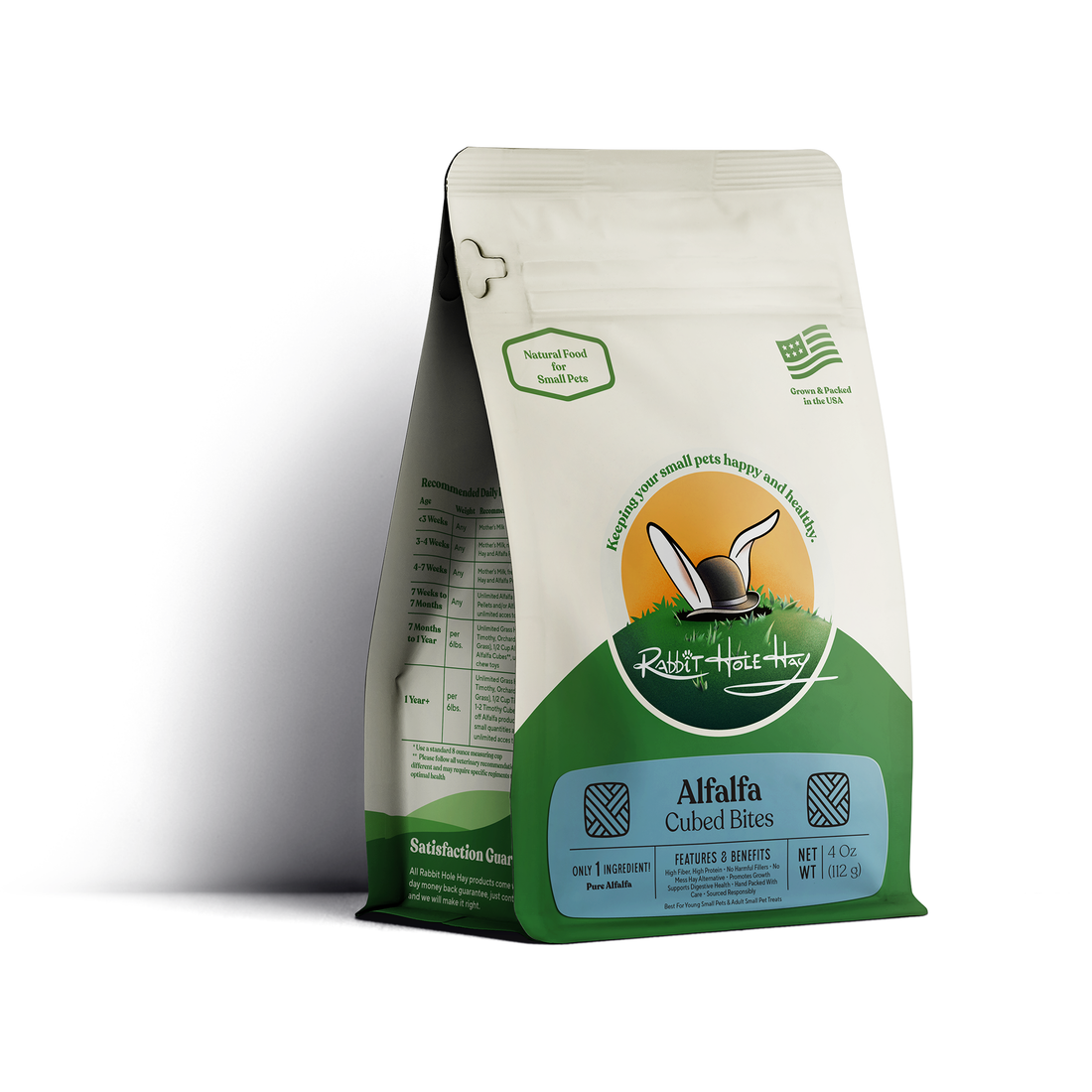
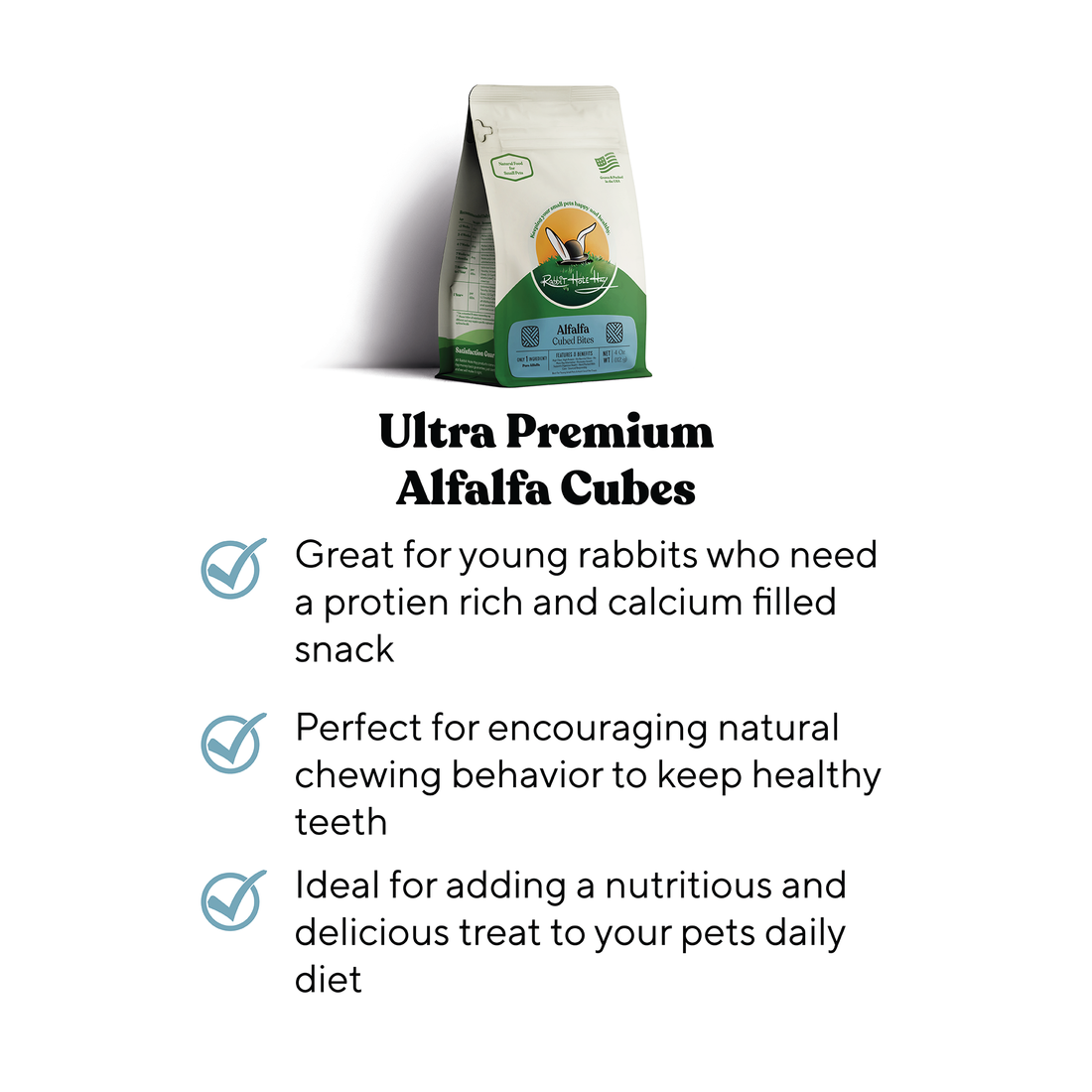

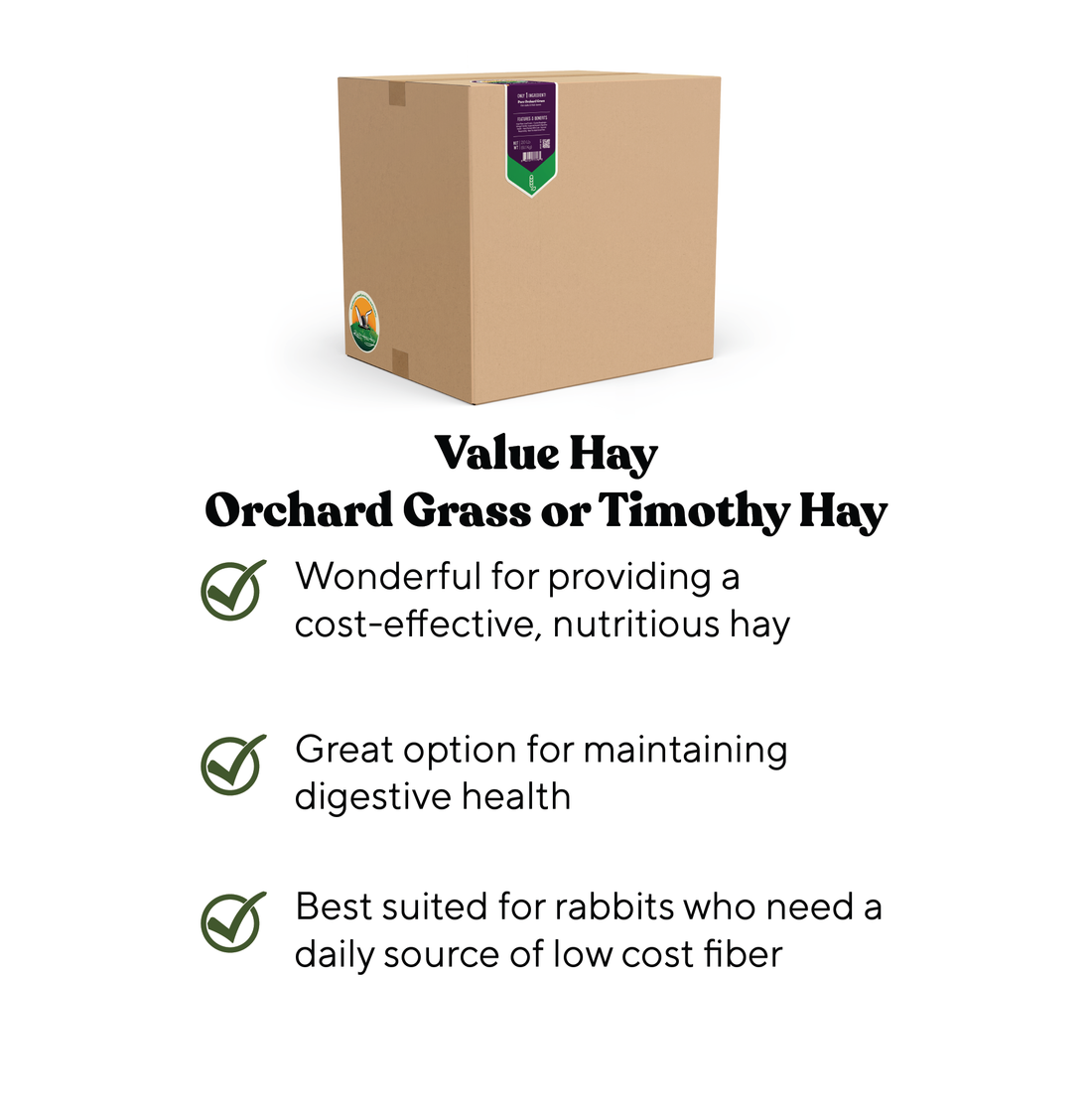
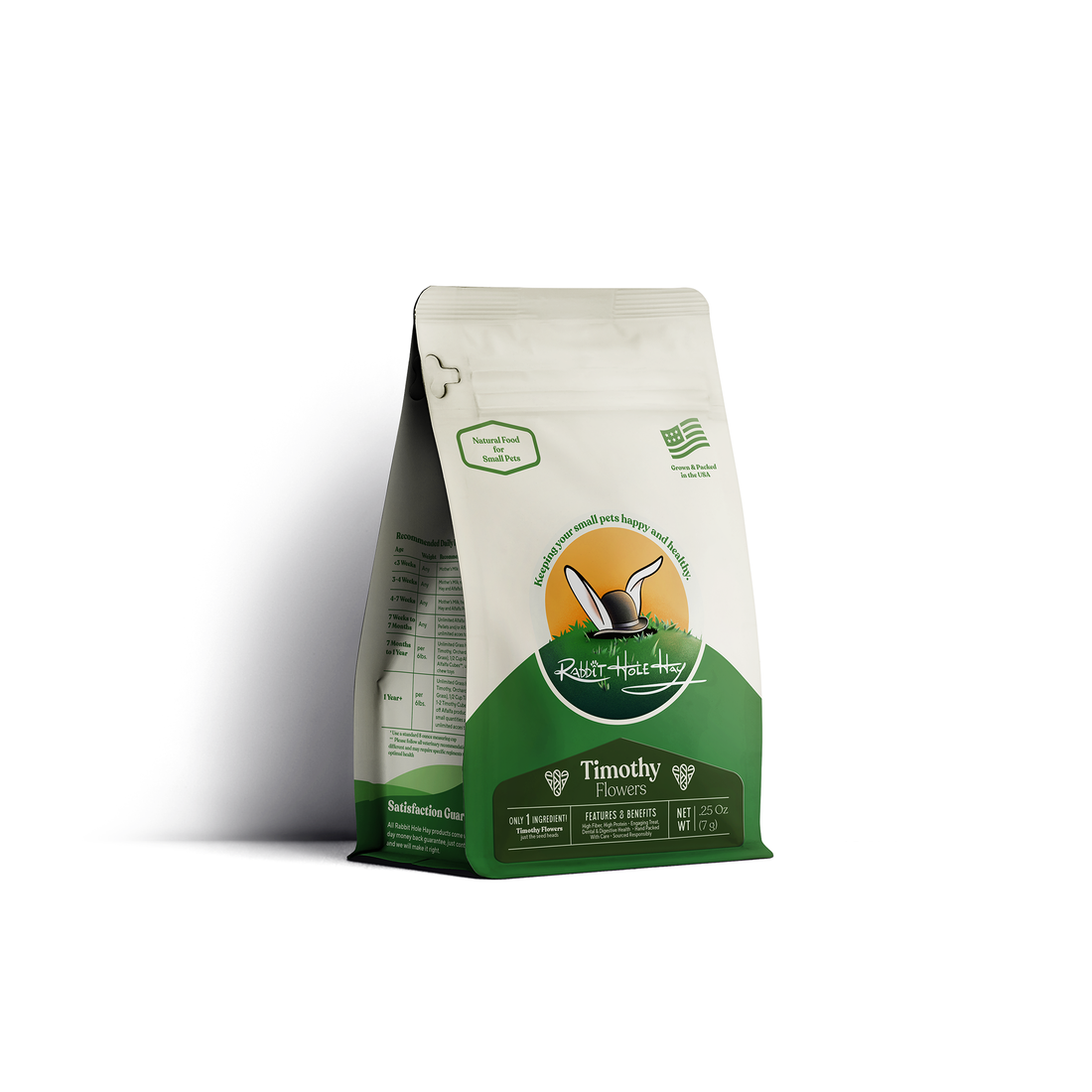



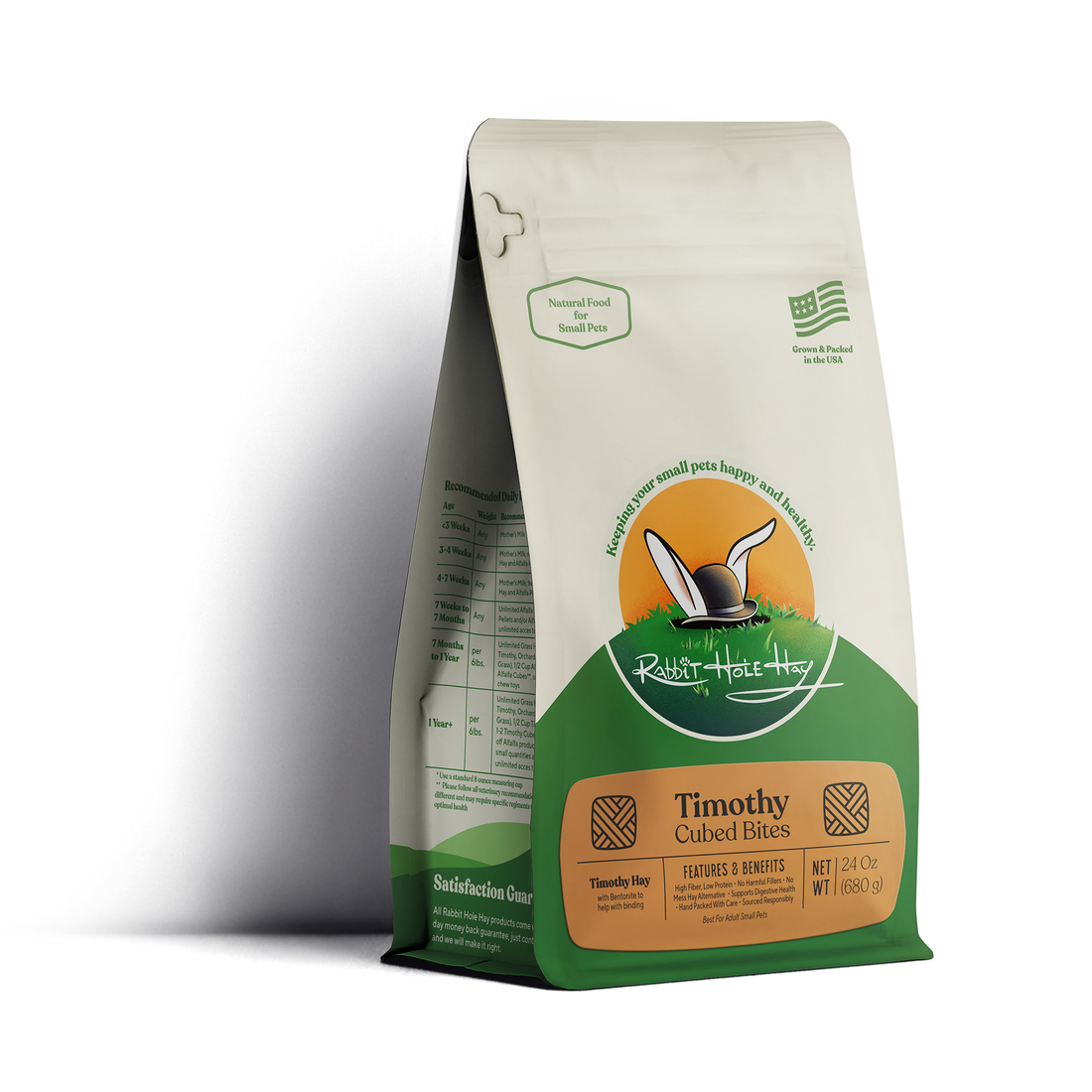



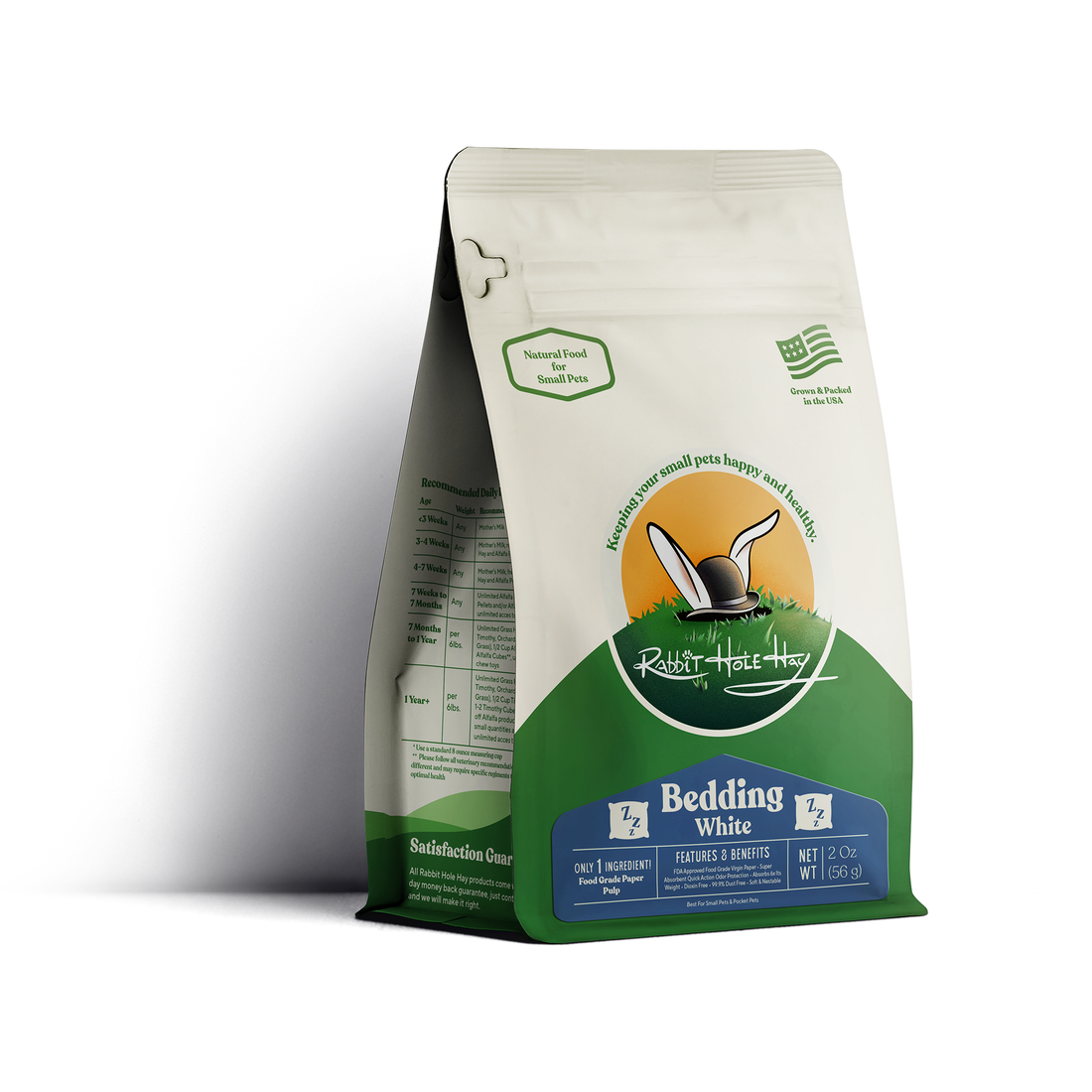
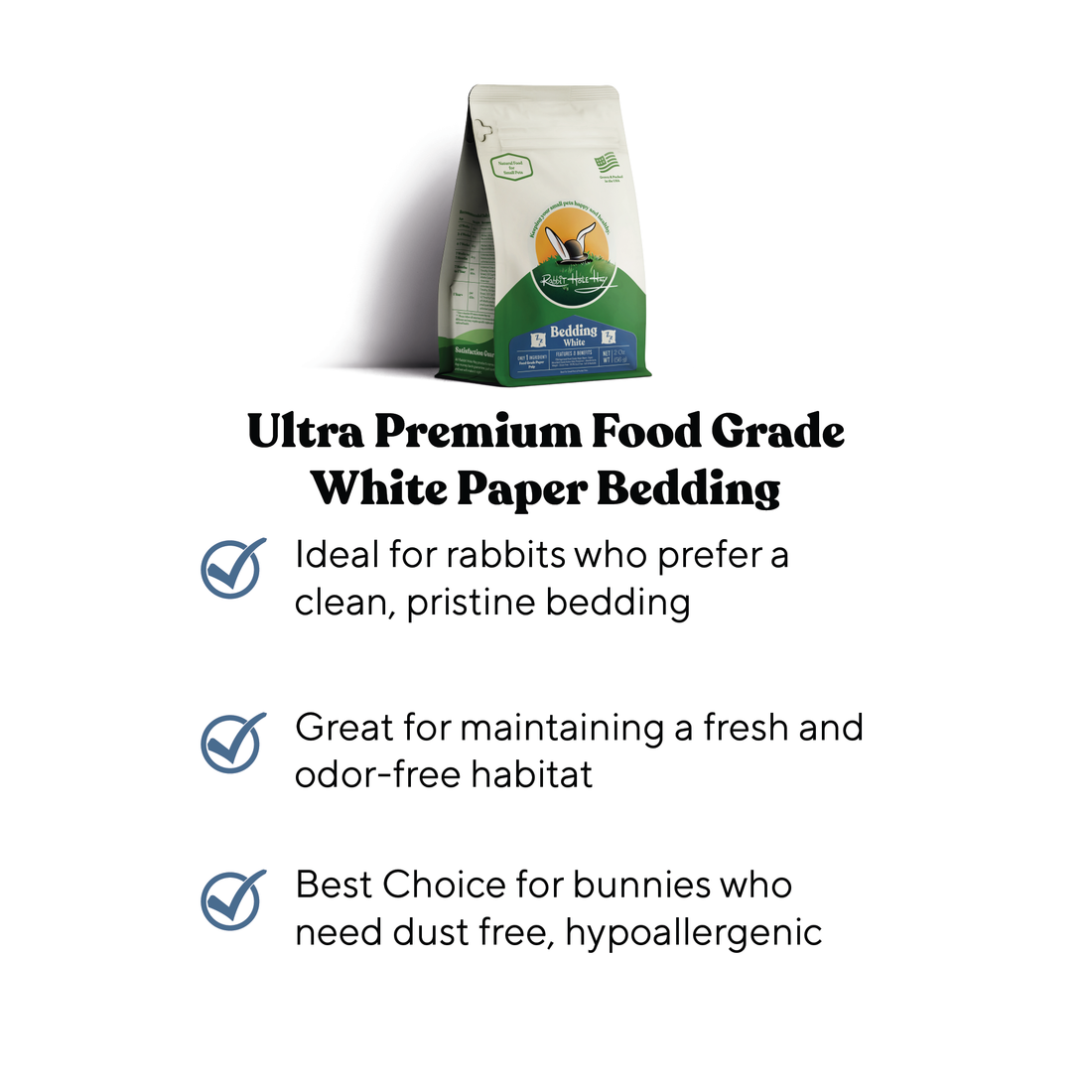


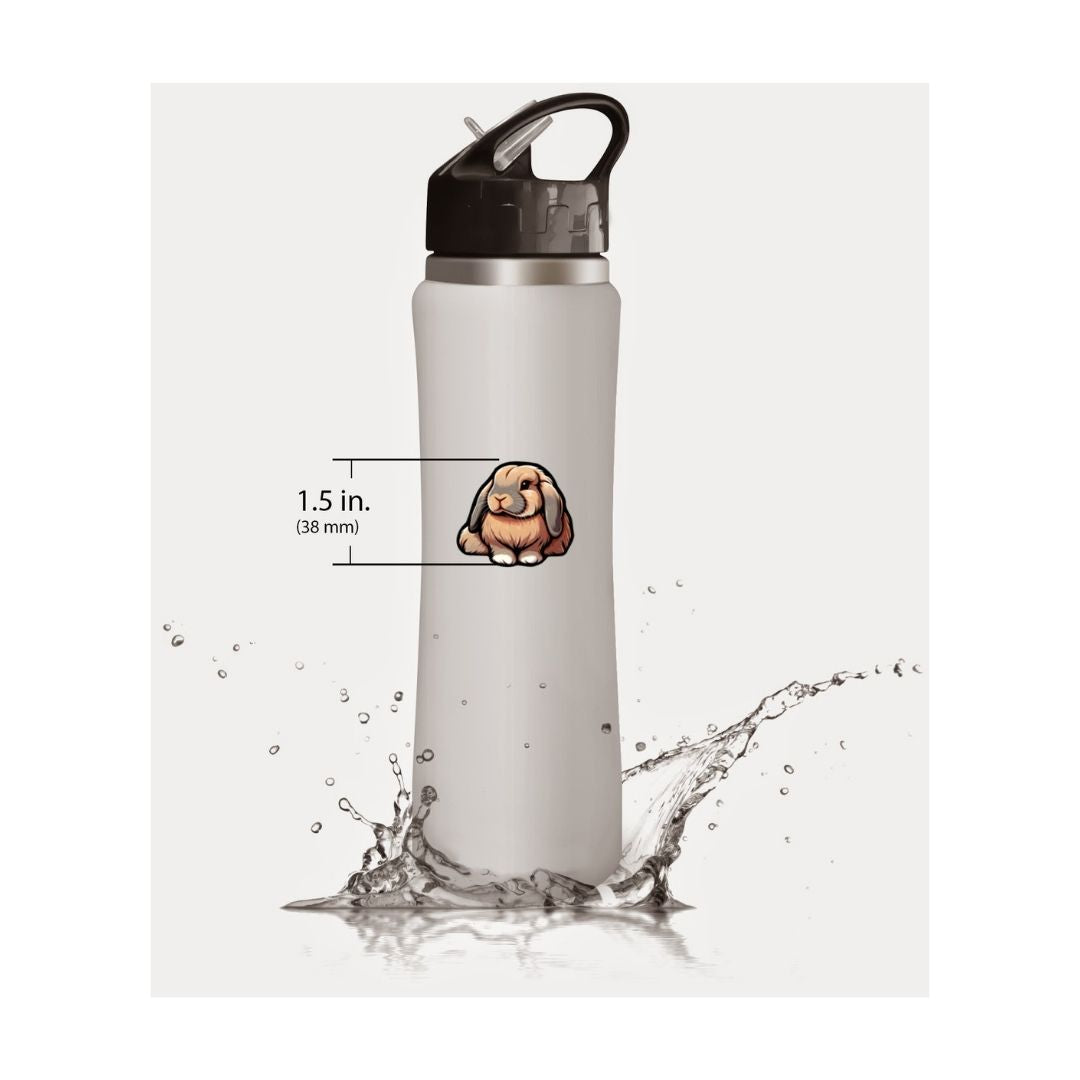

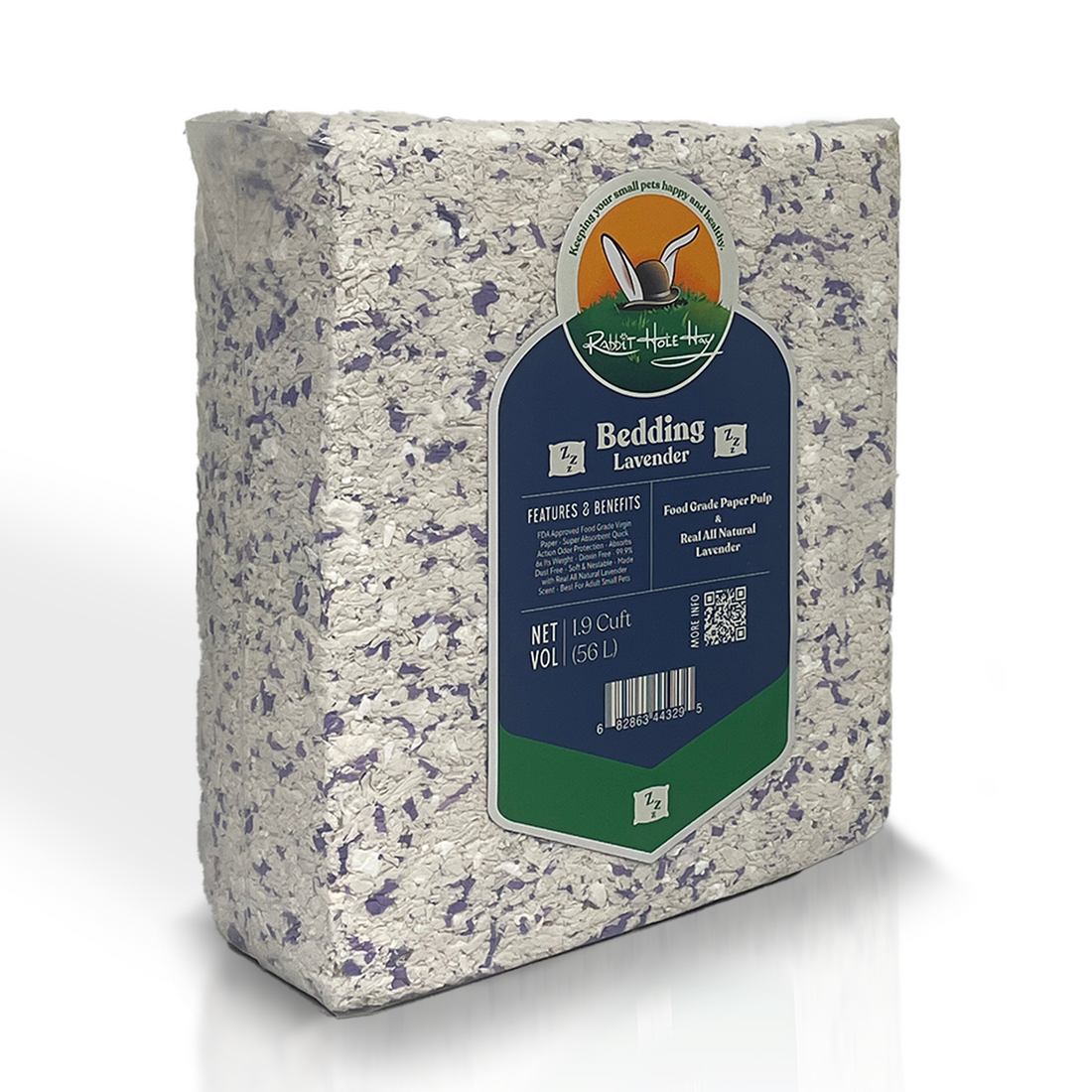
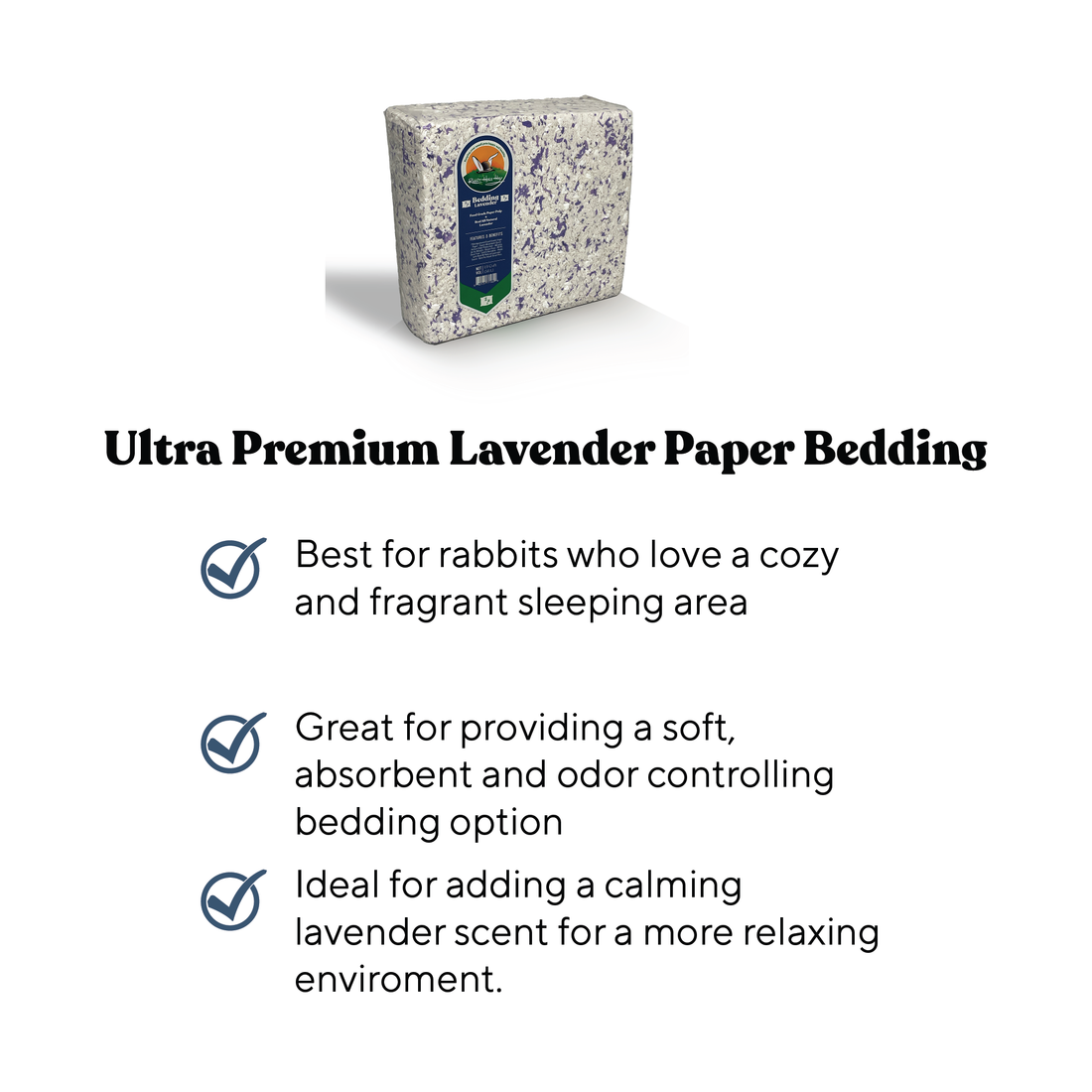

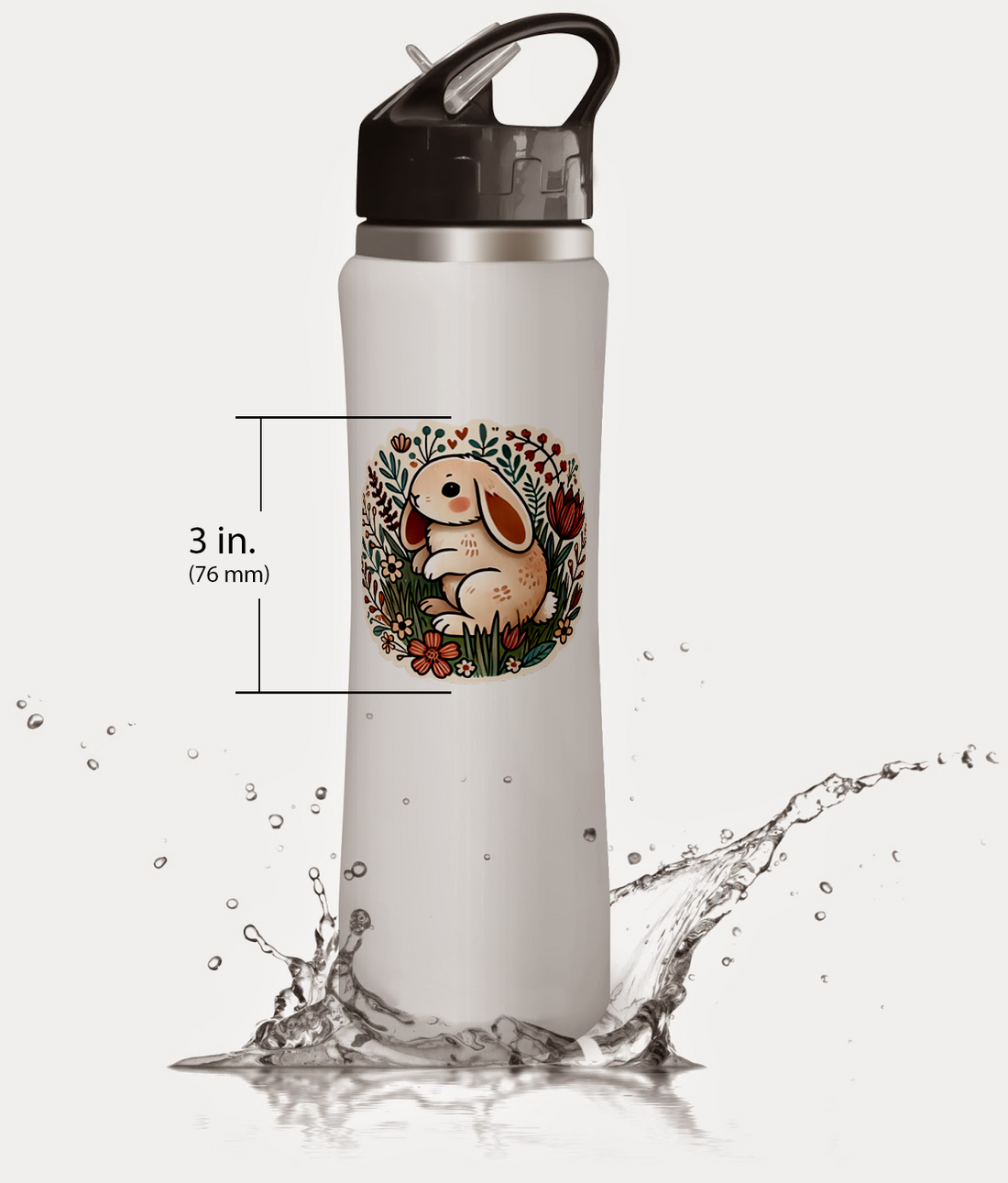
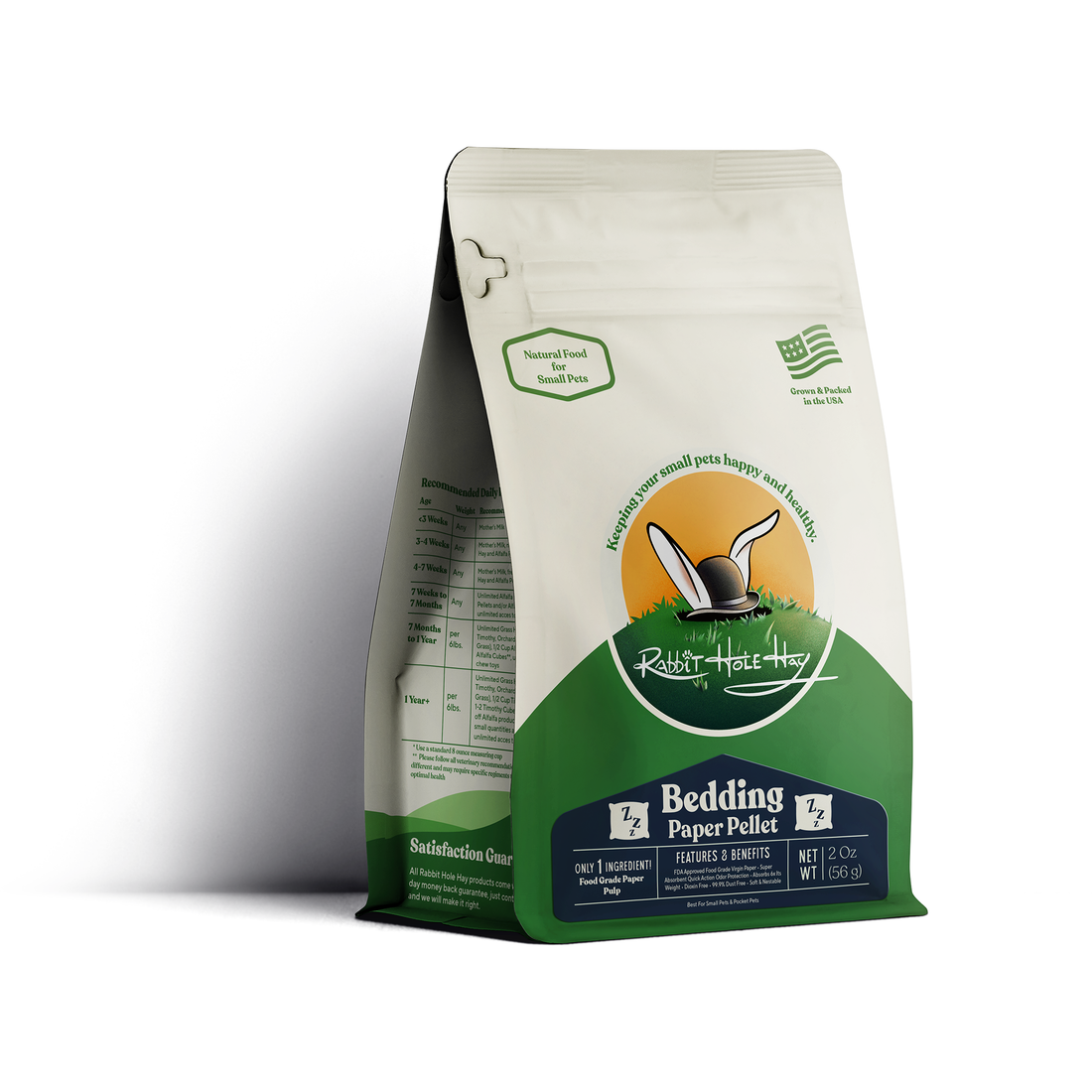
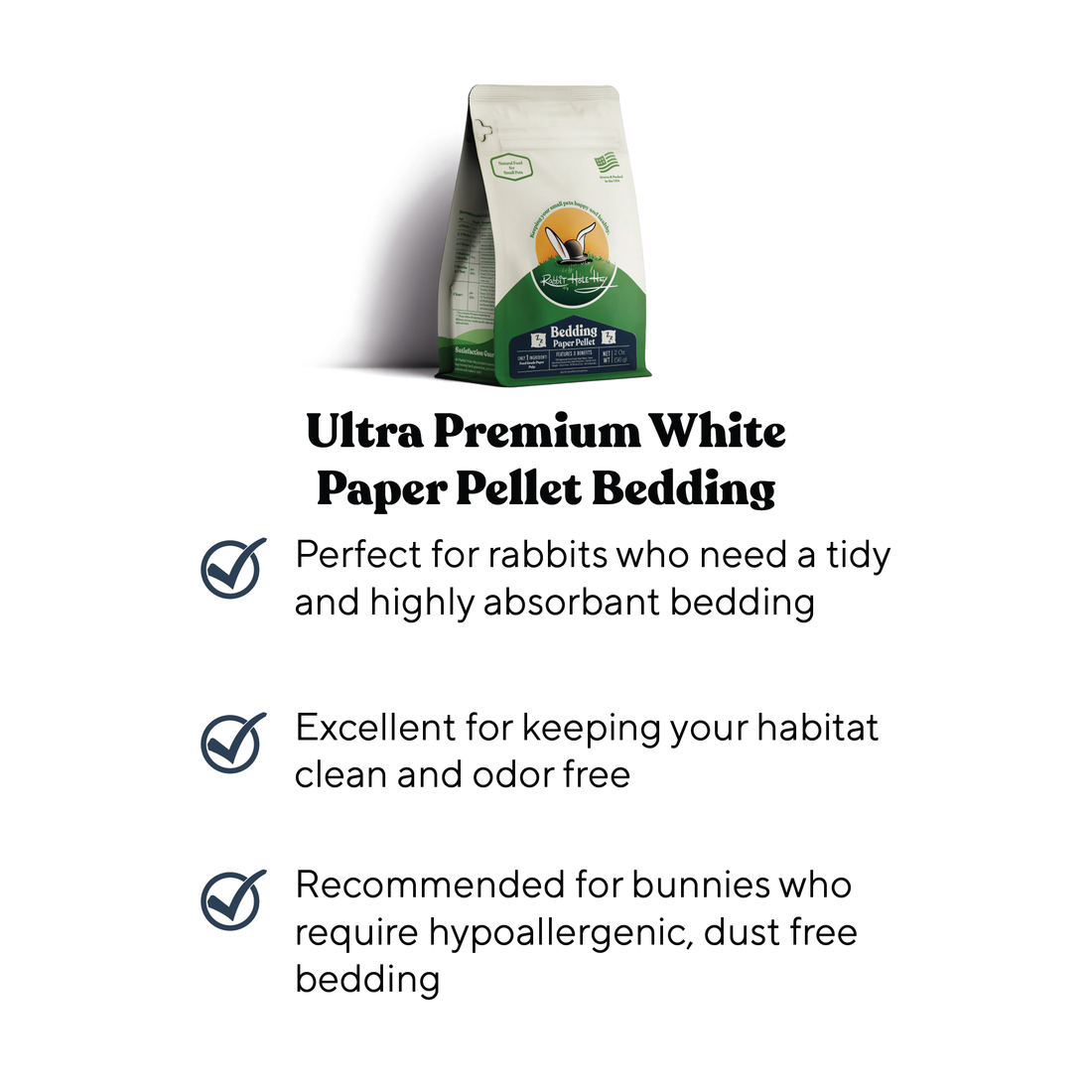

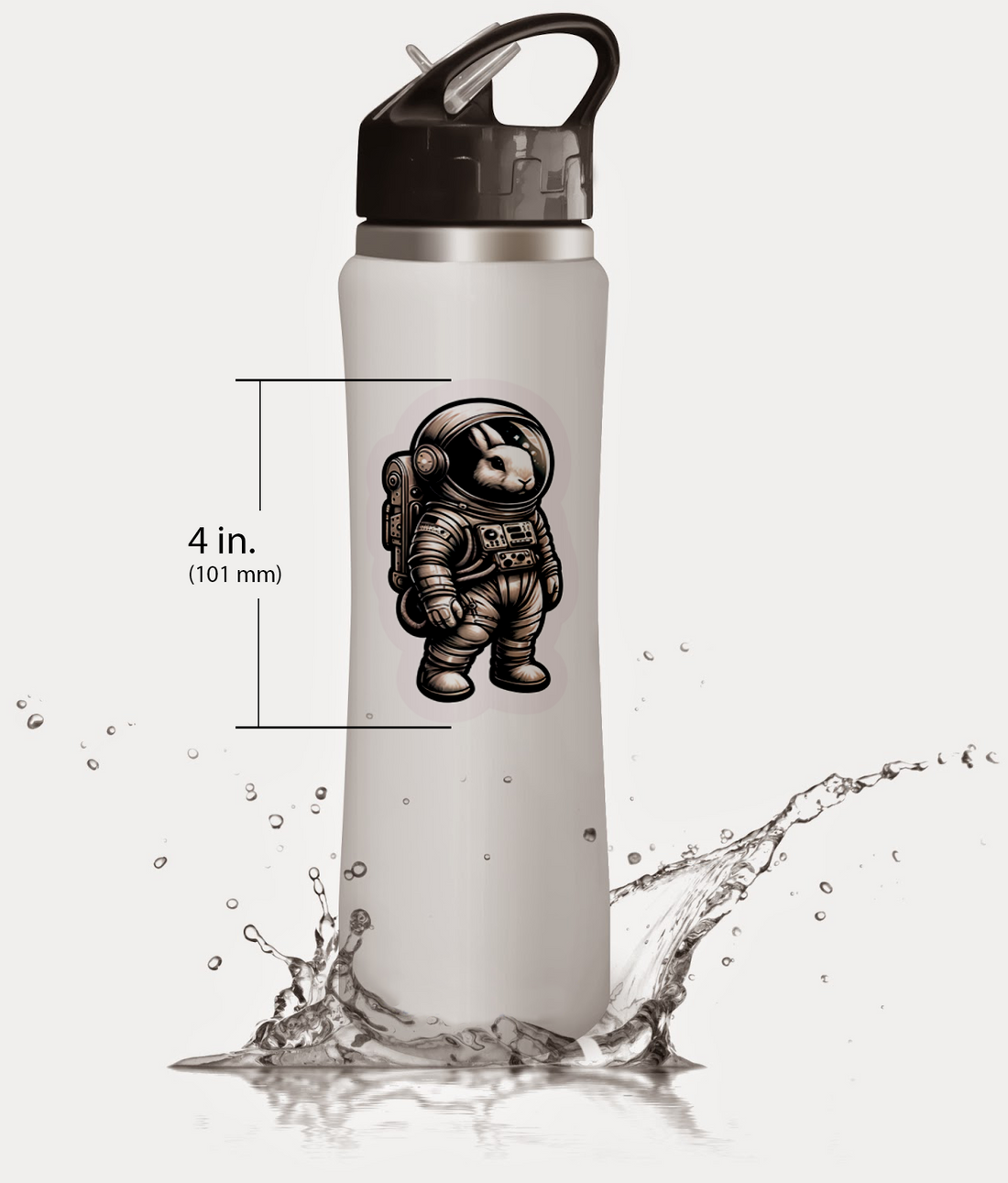



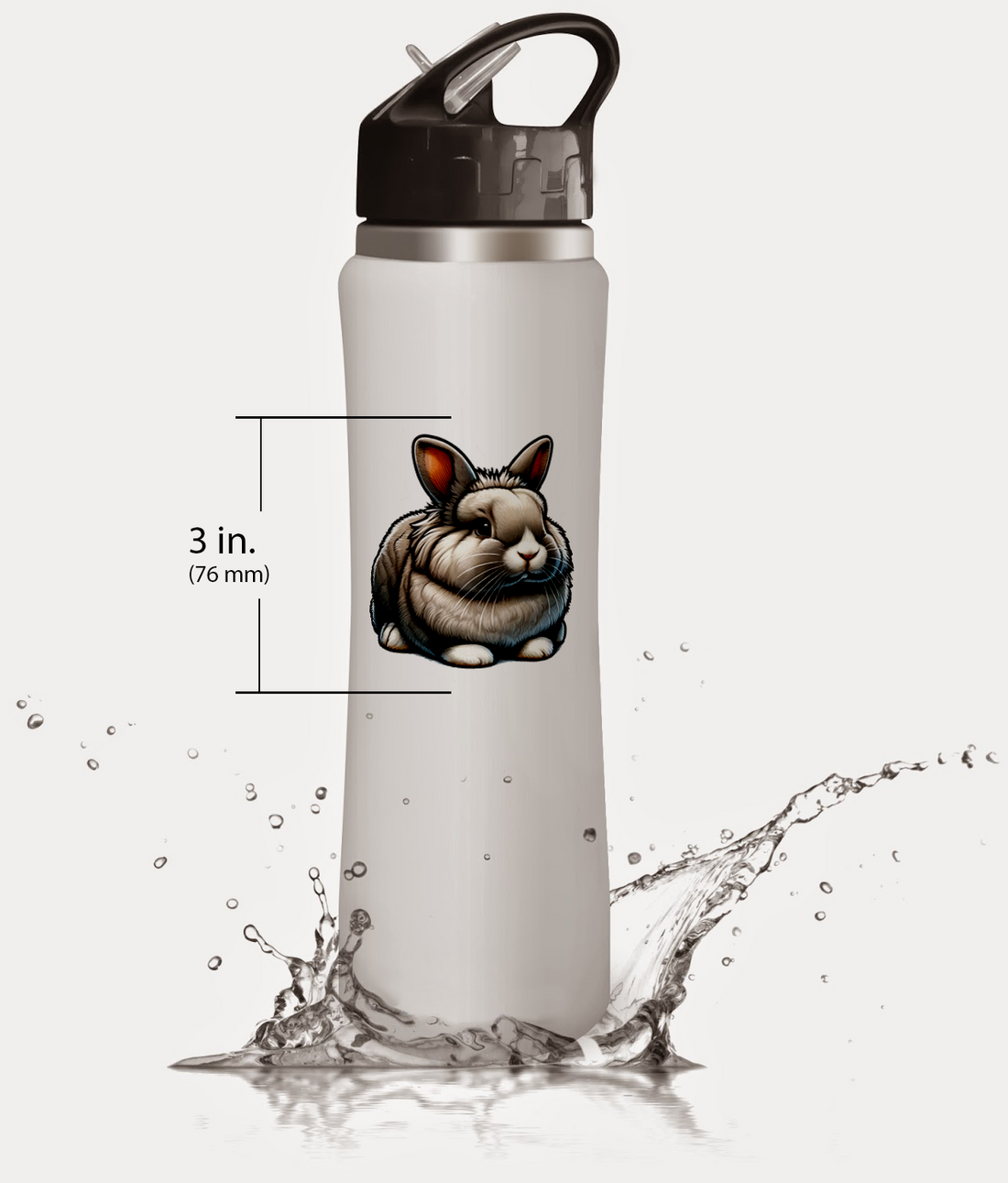

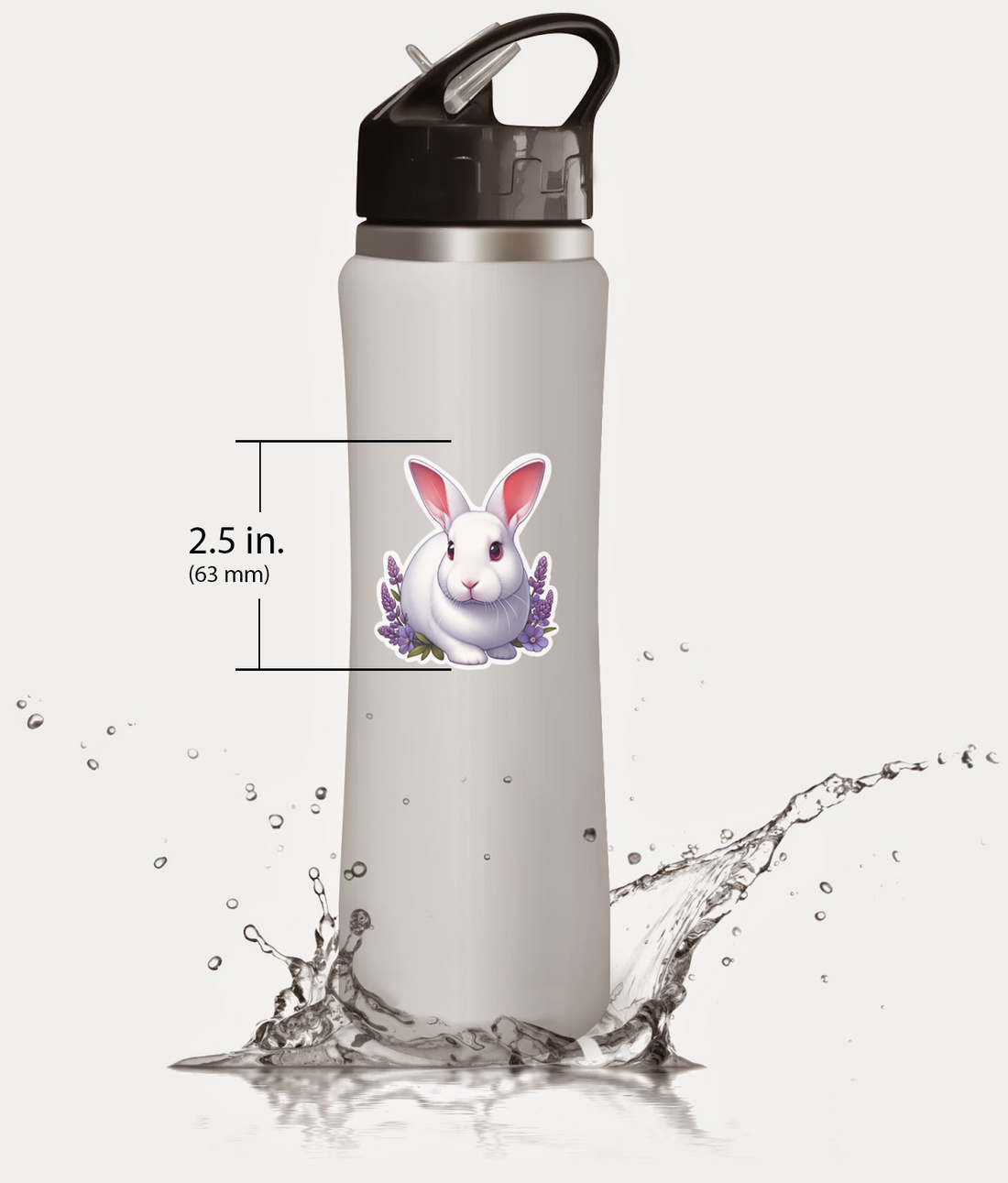

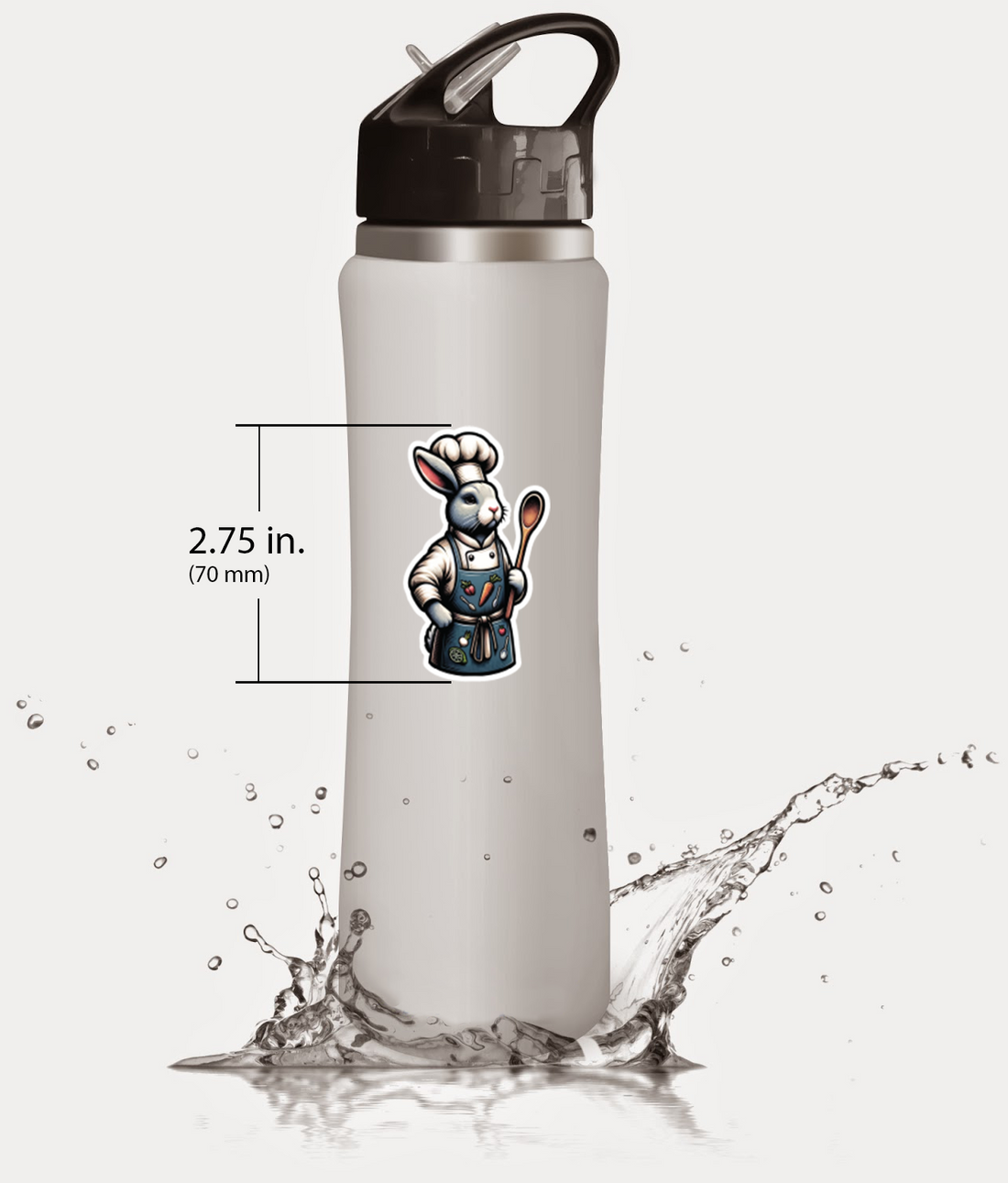

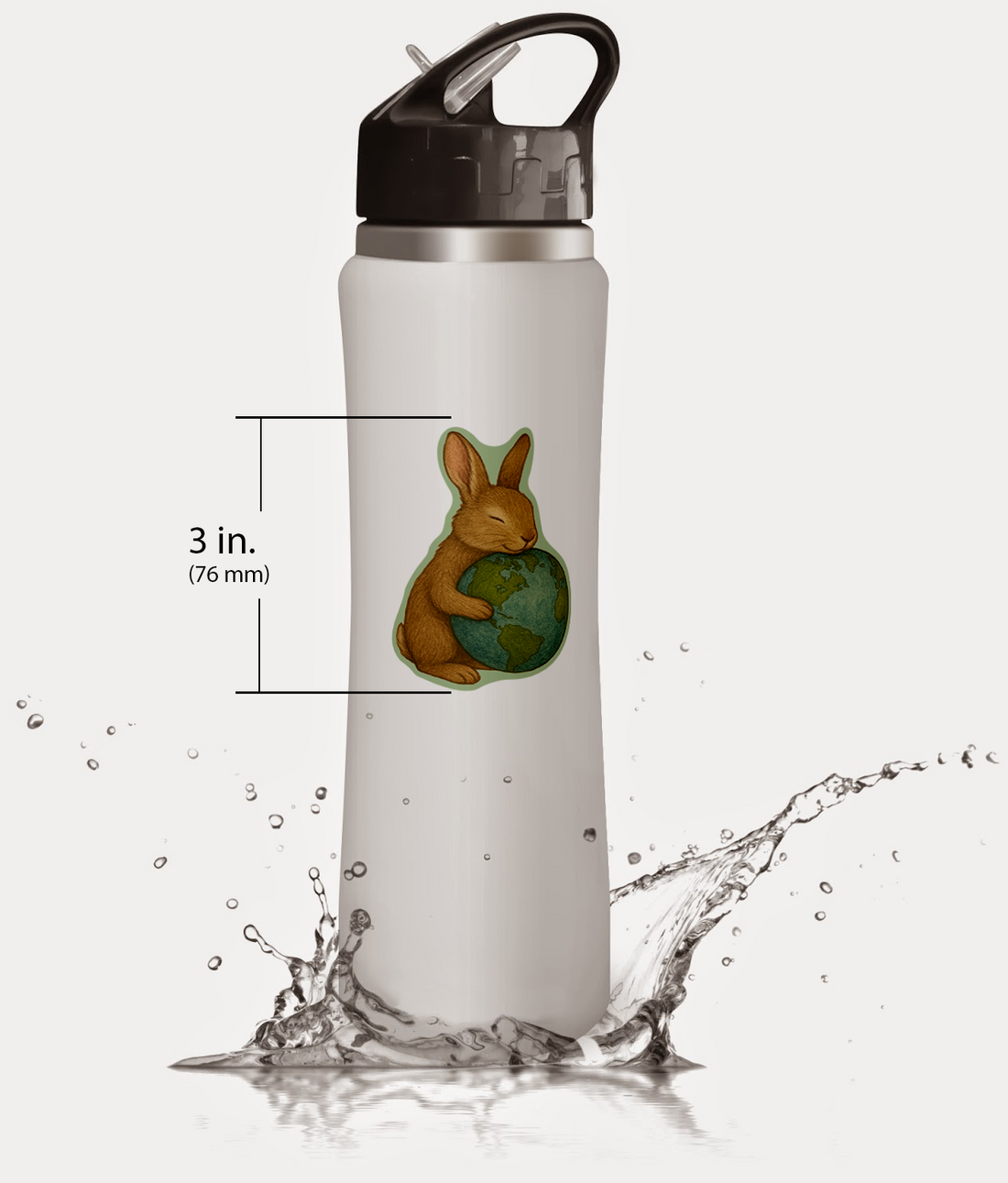
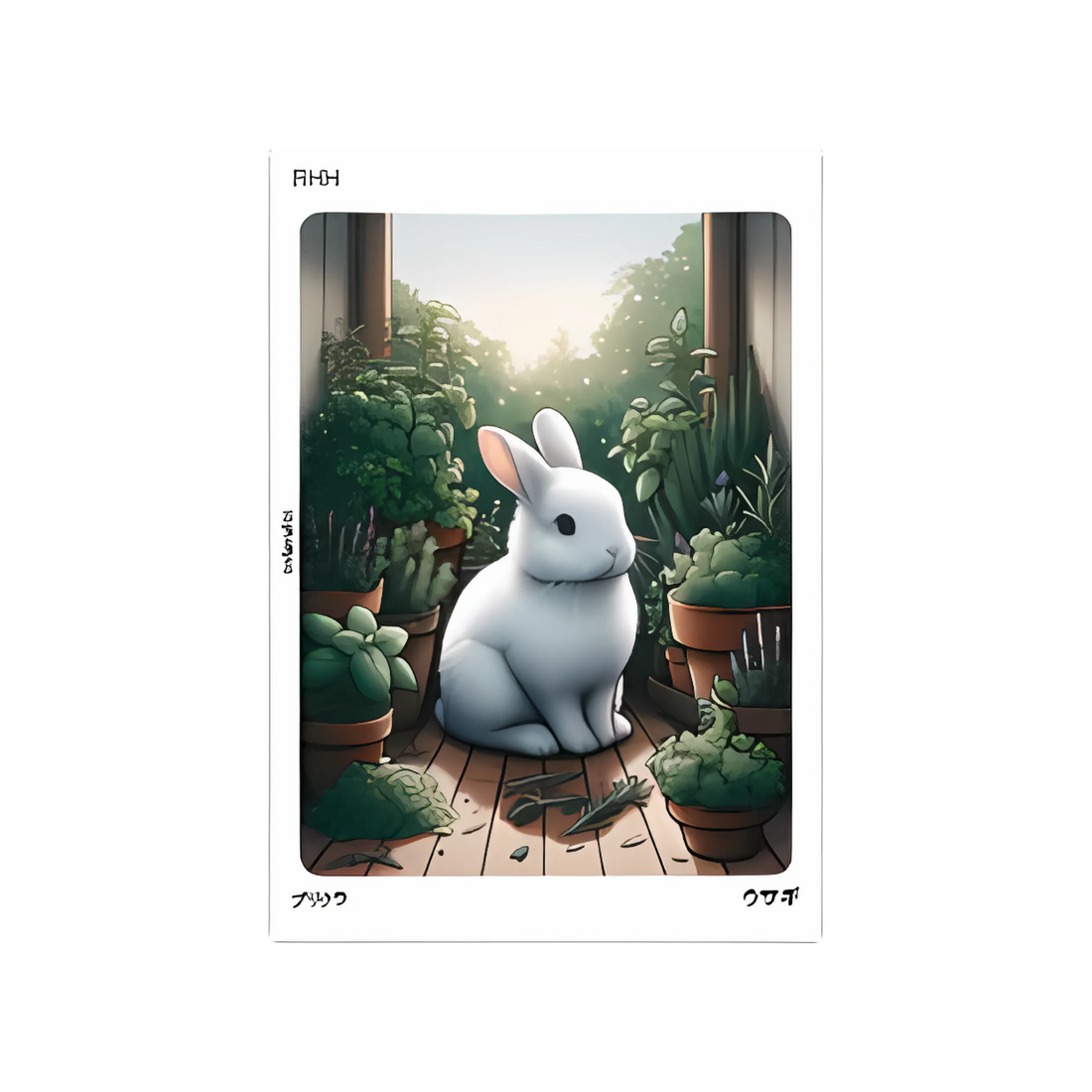


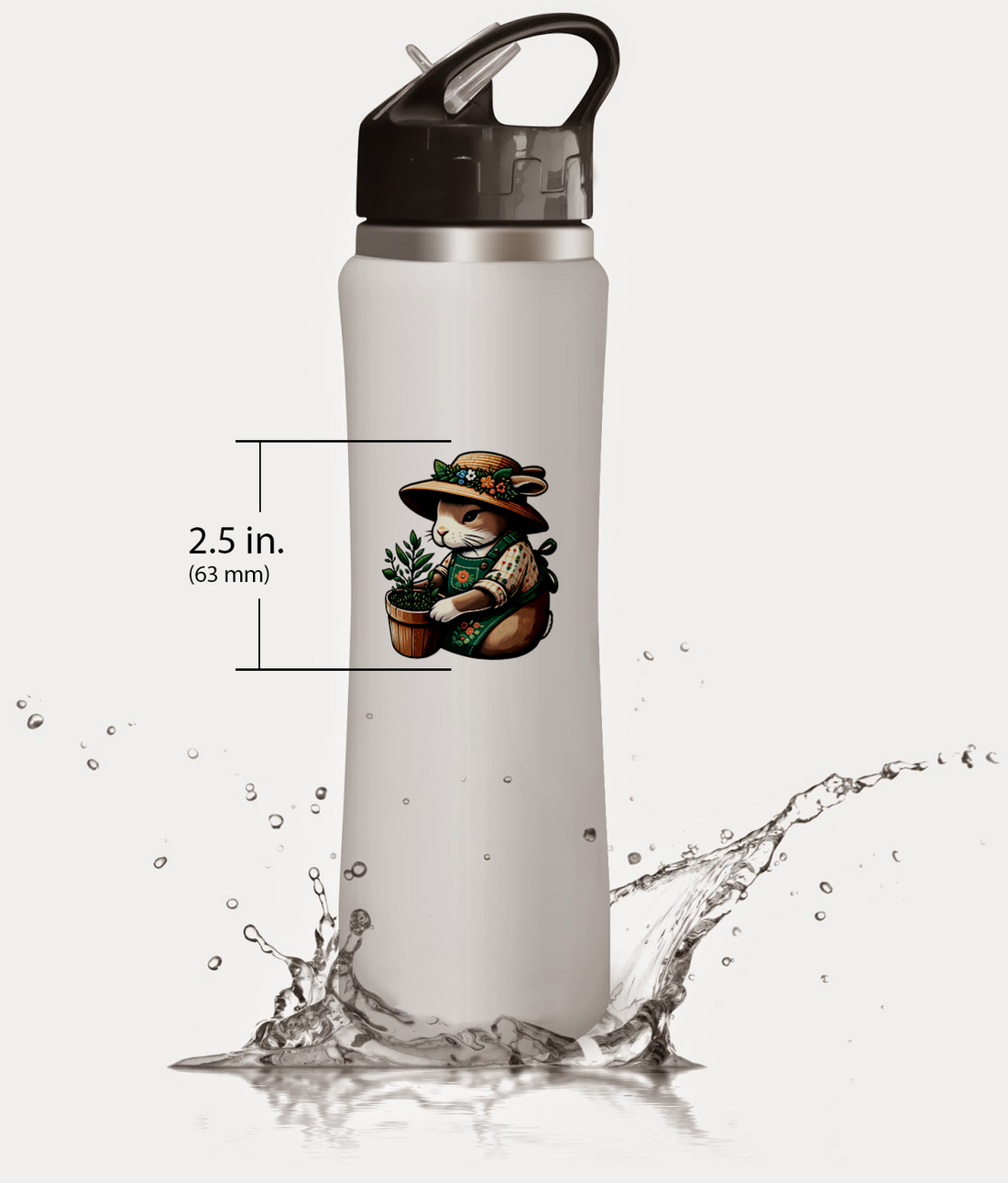







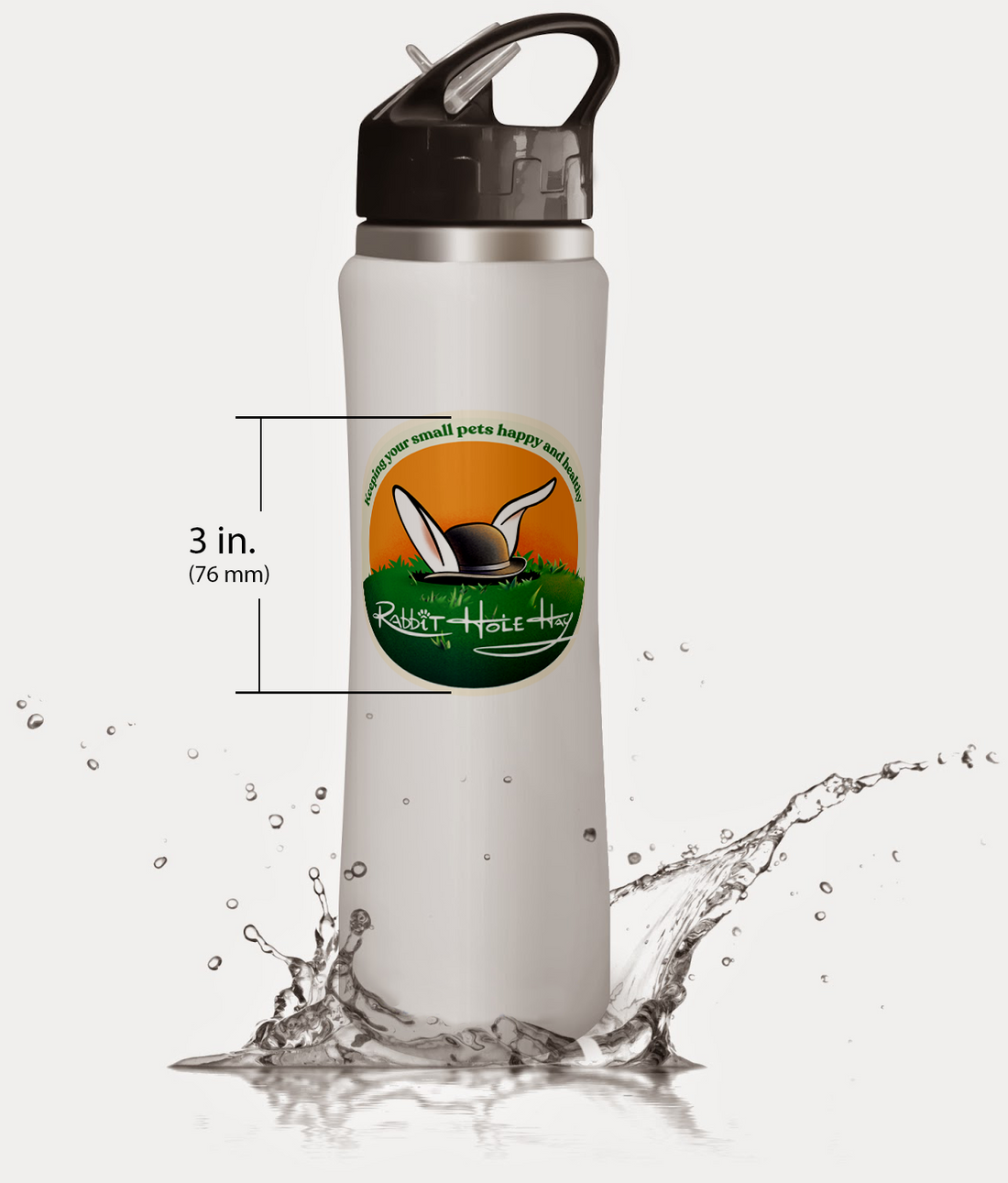


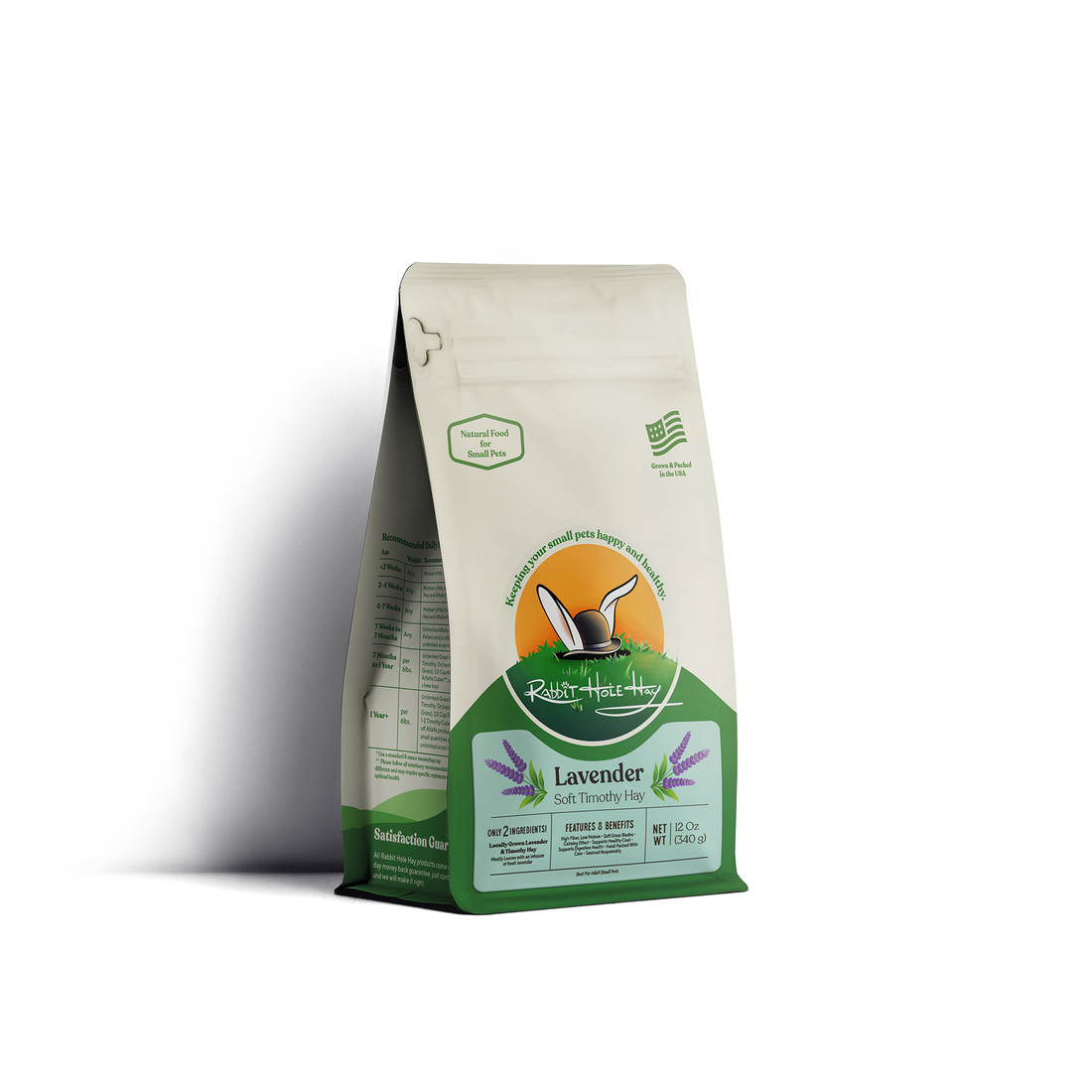


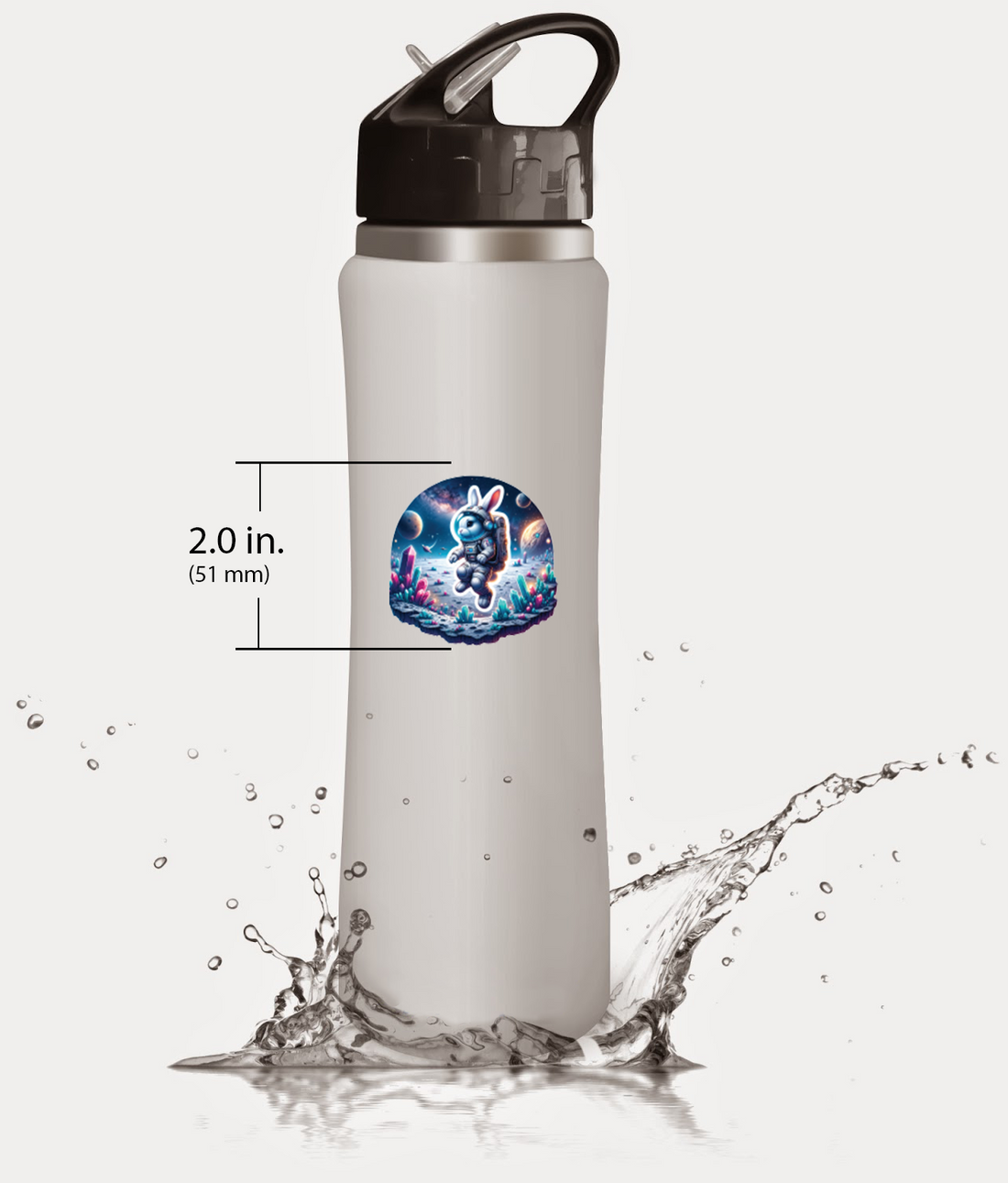

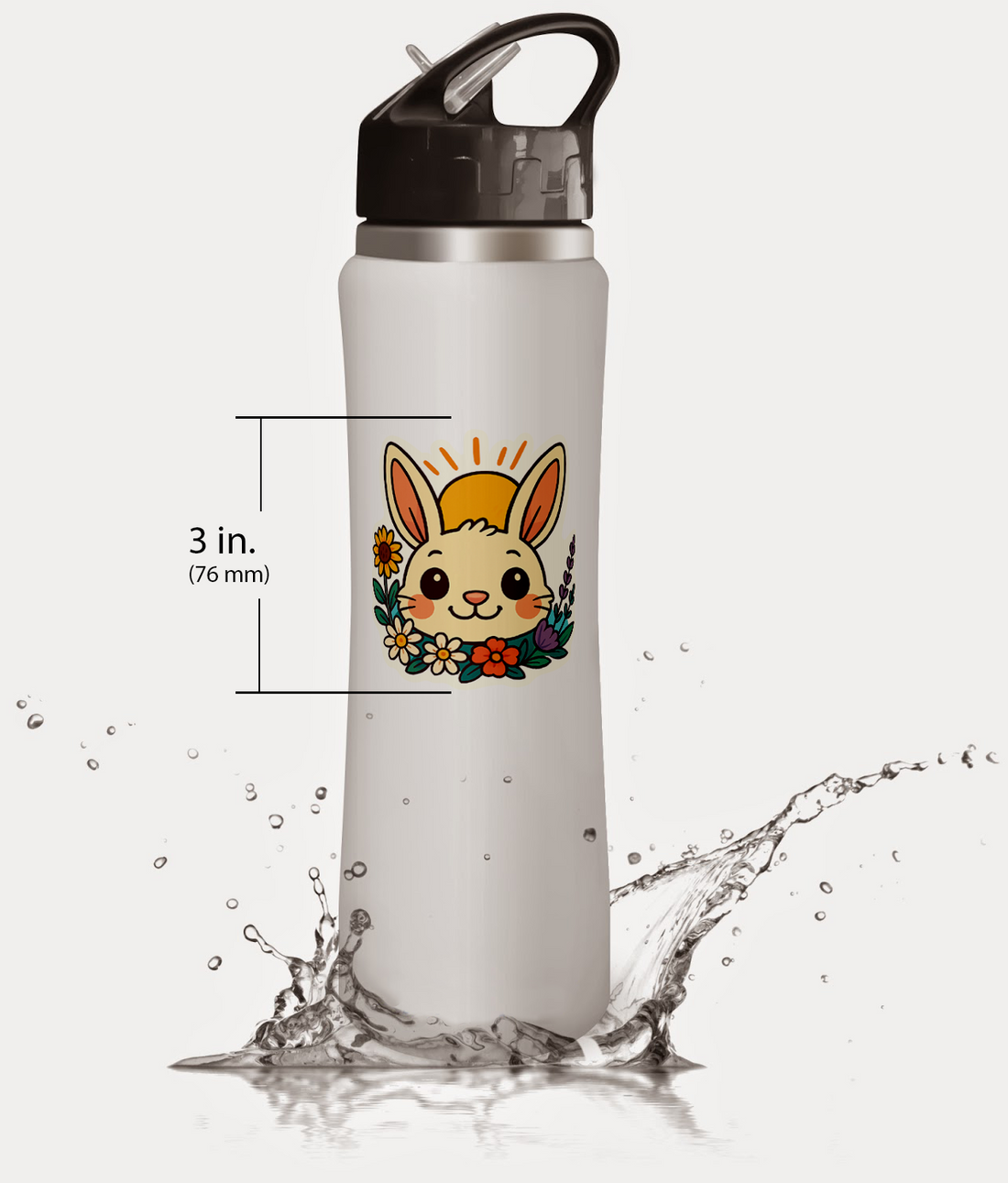

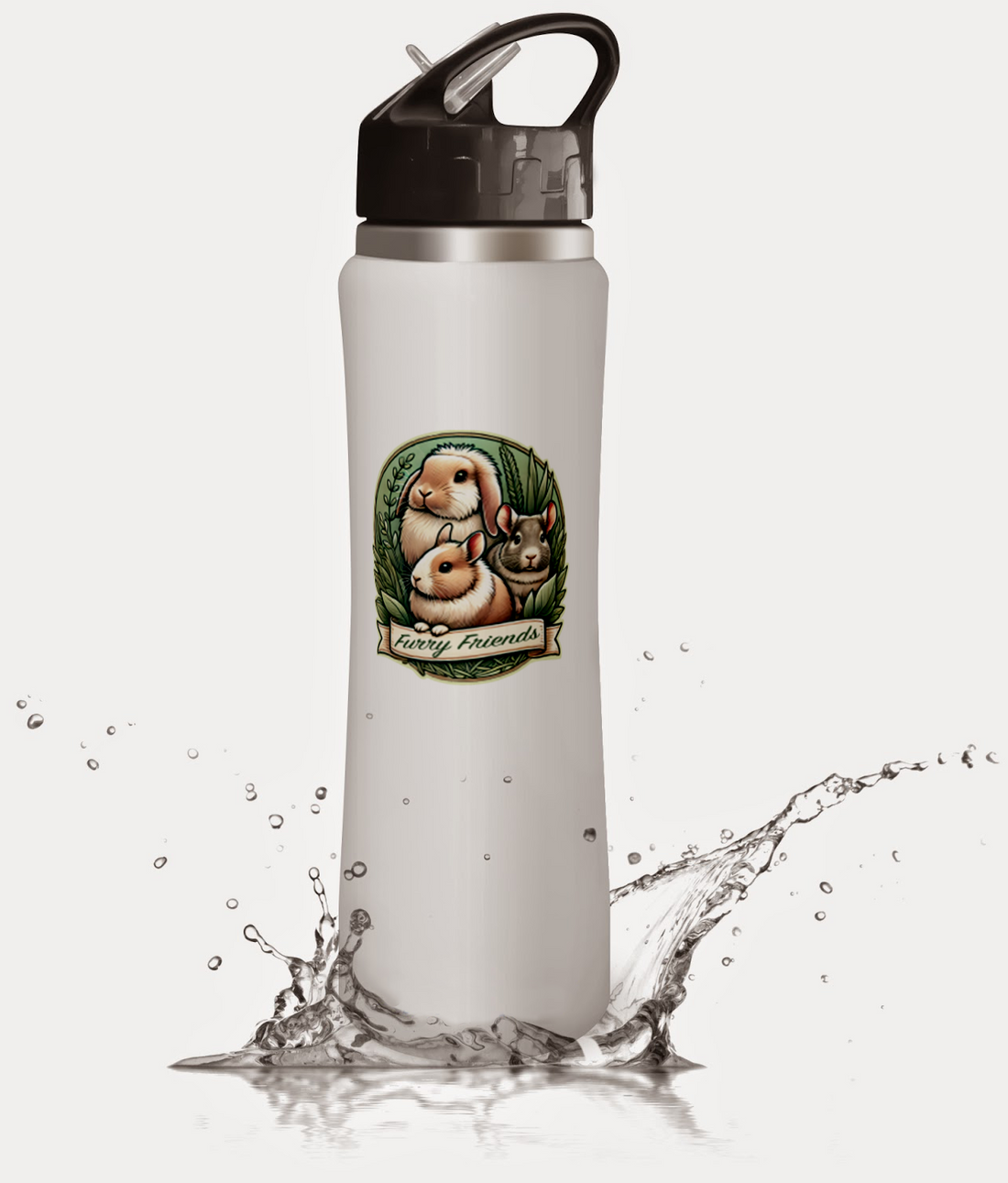

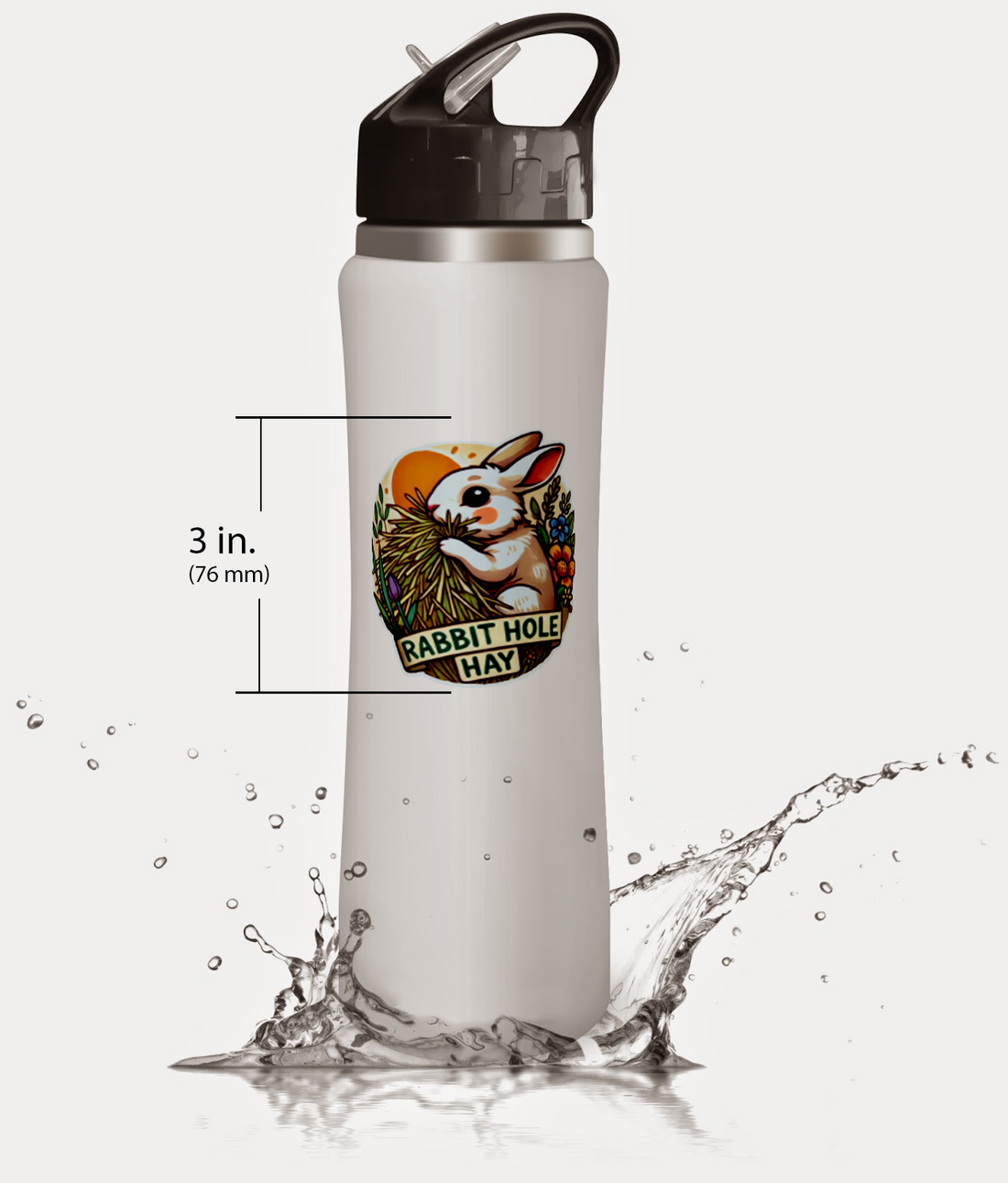



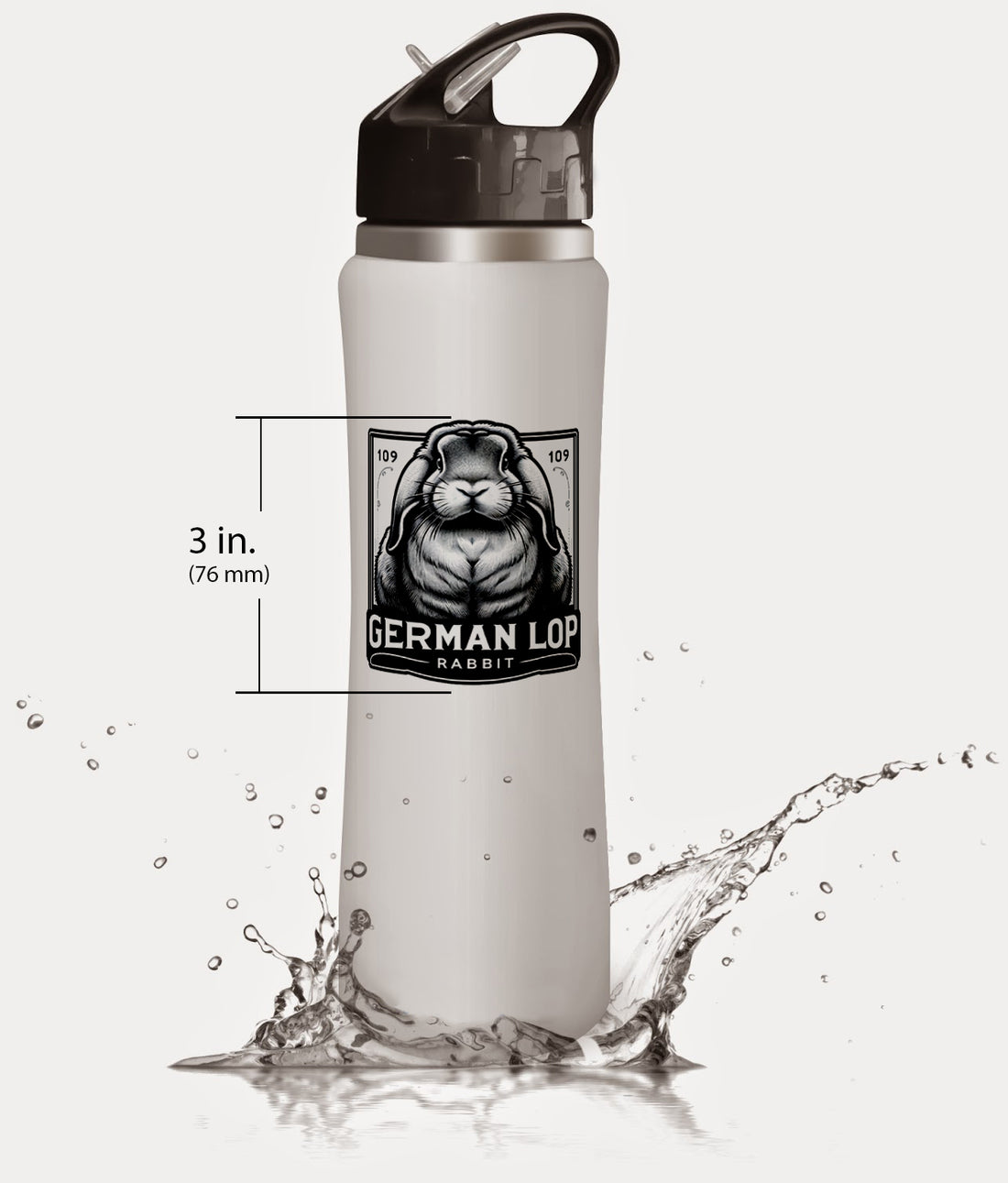








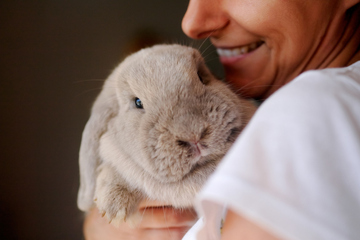


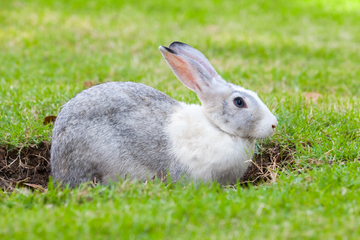


Comments